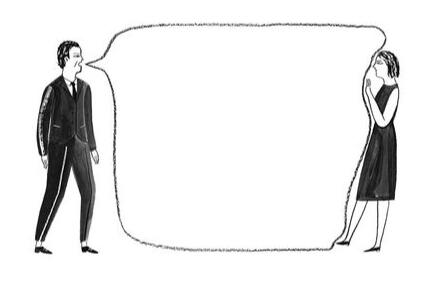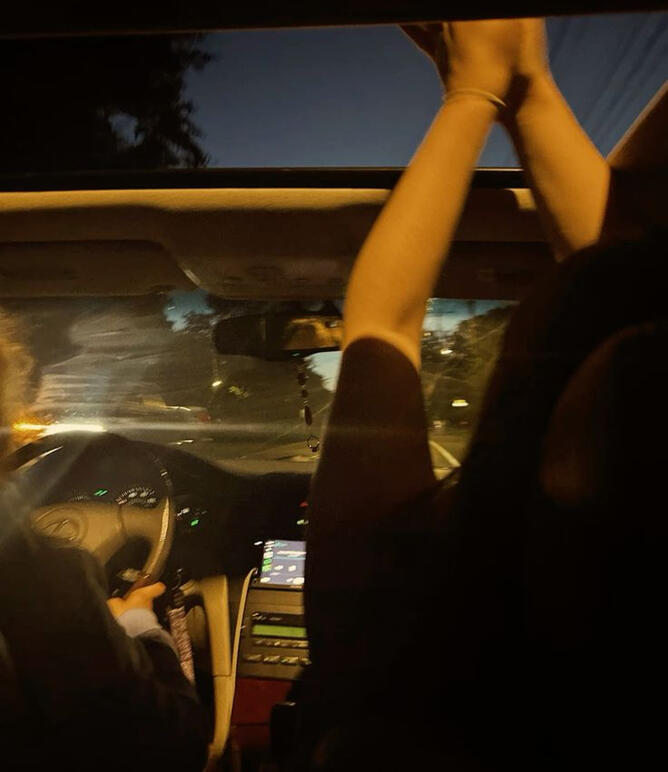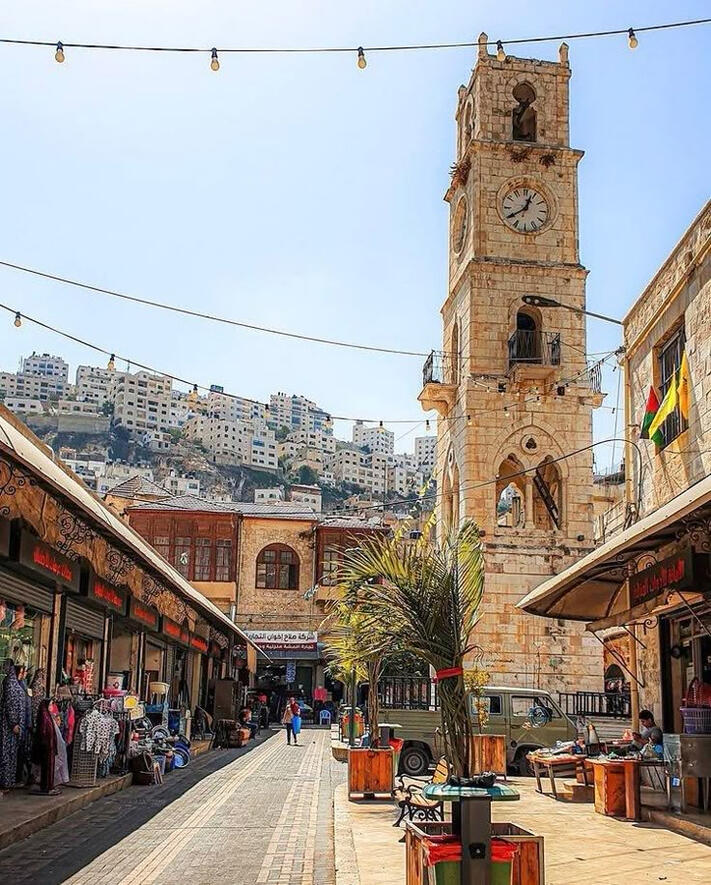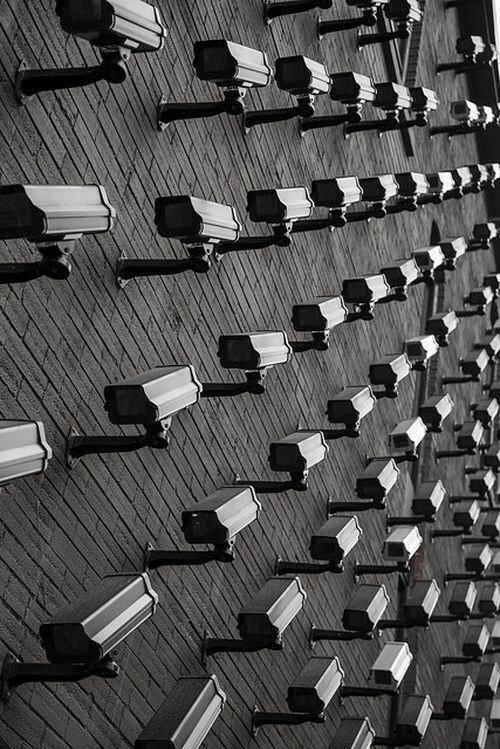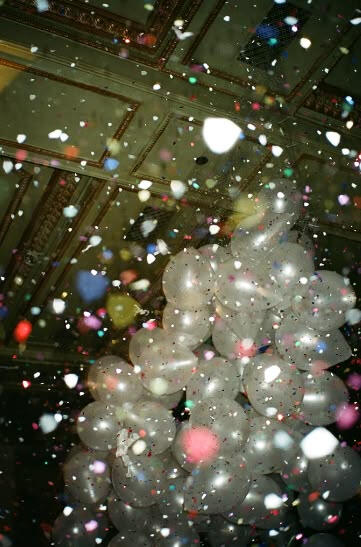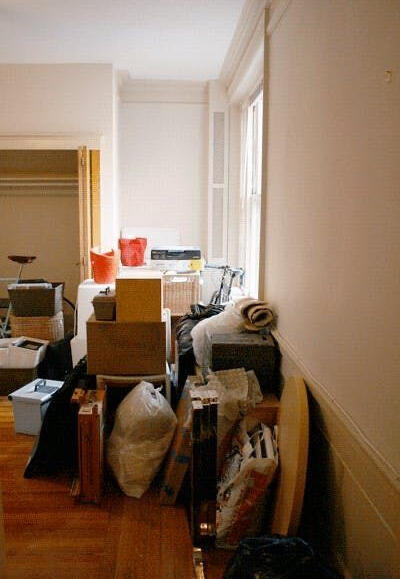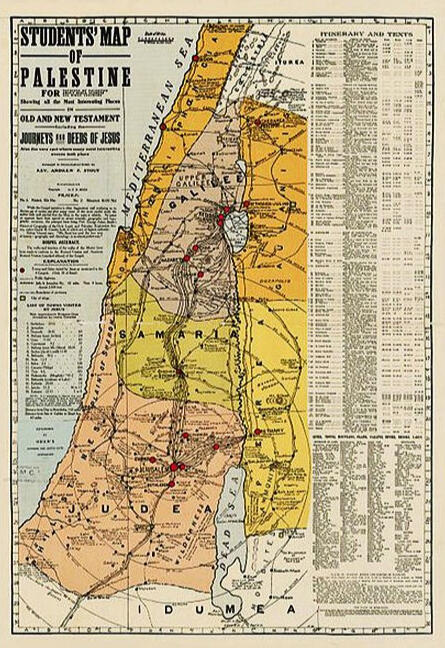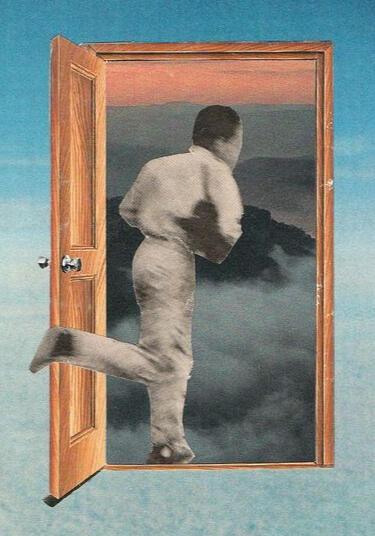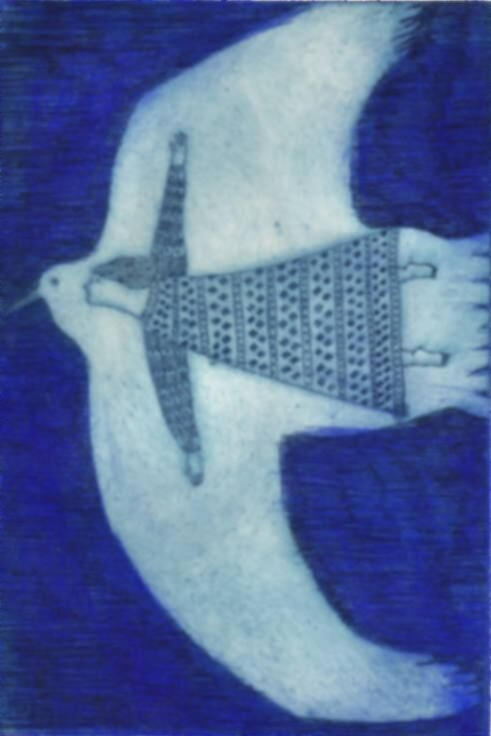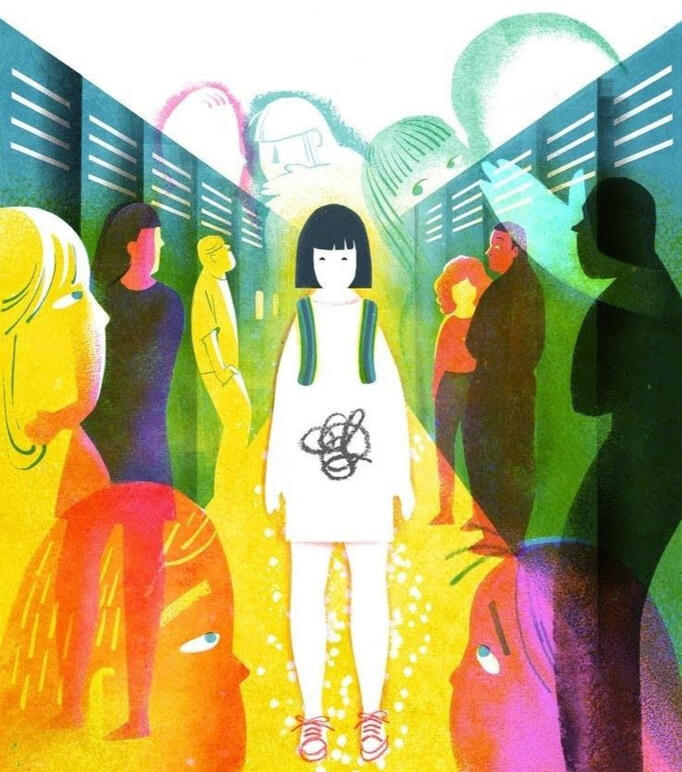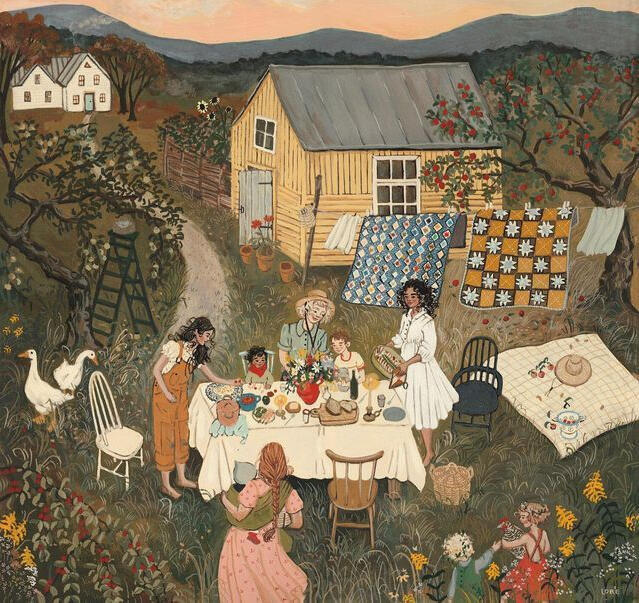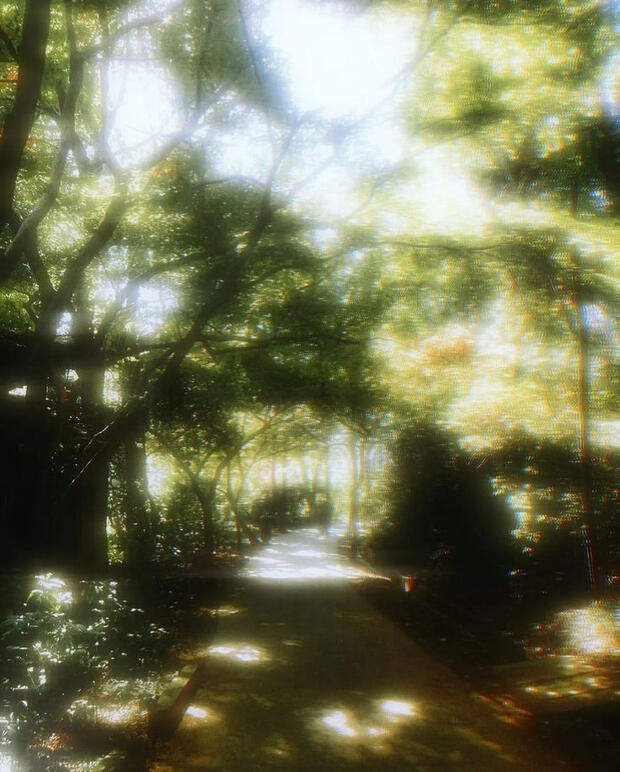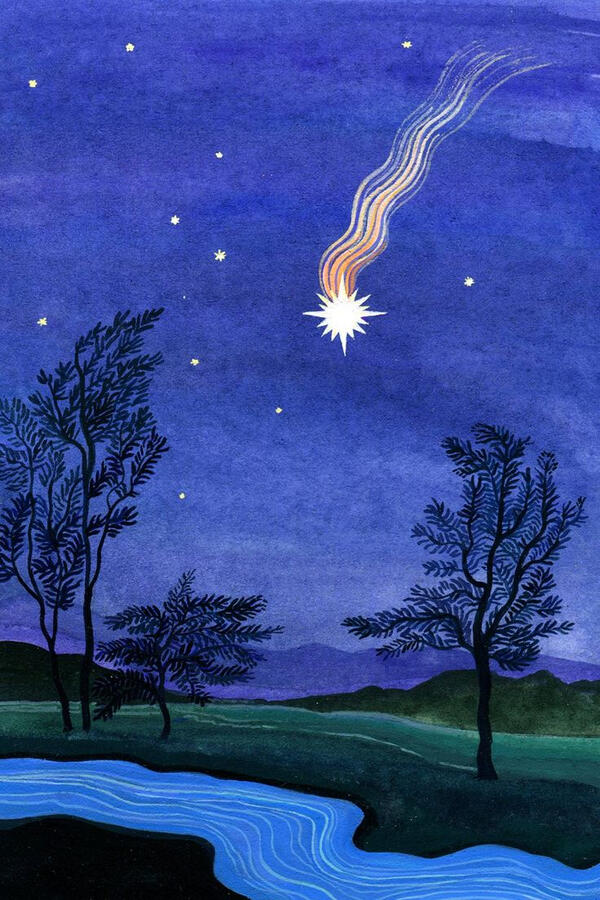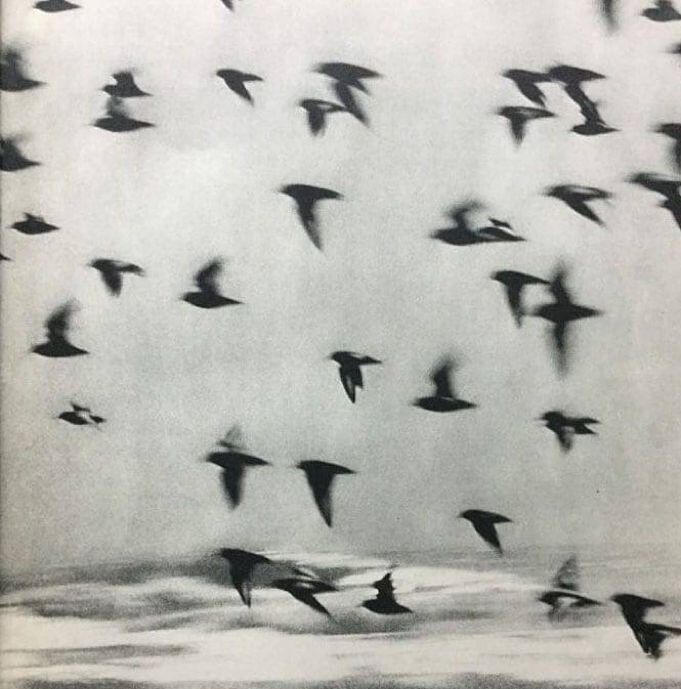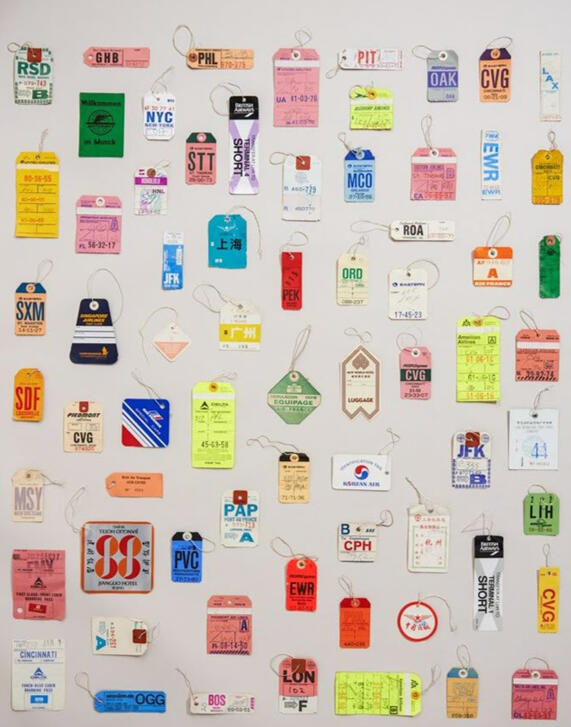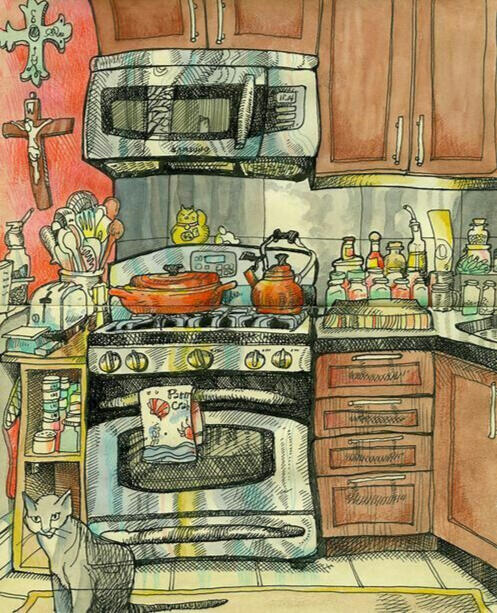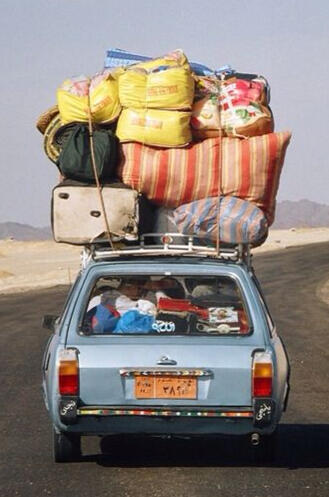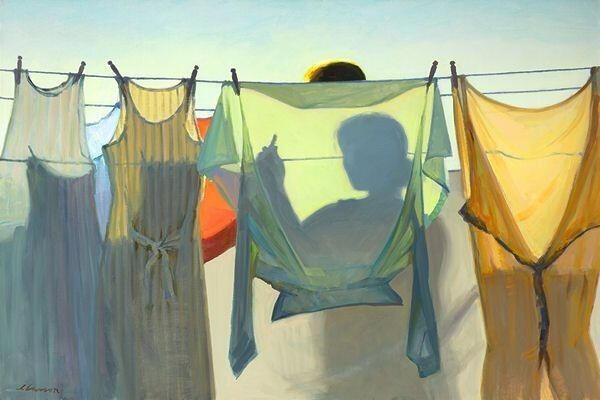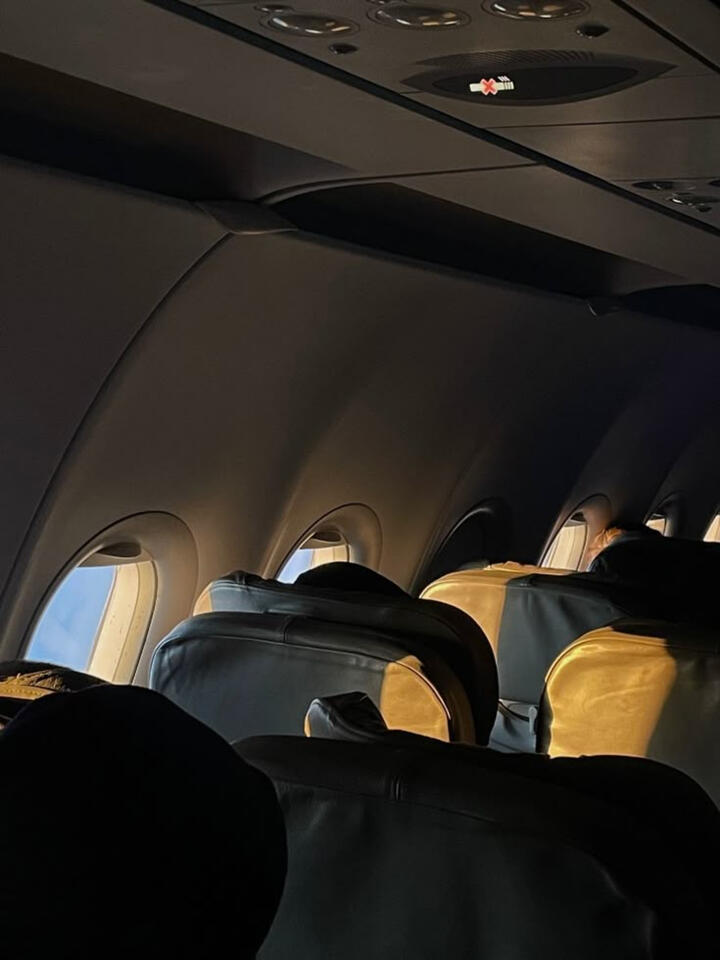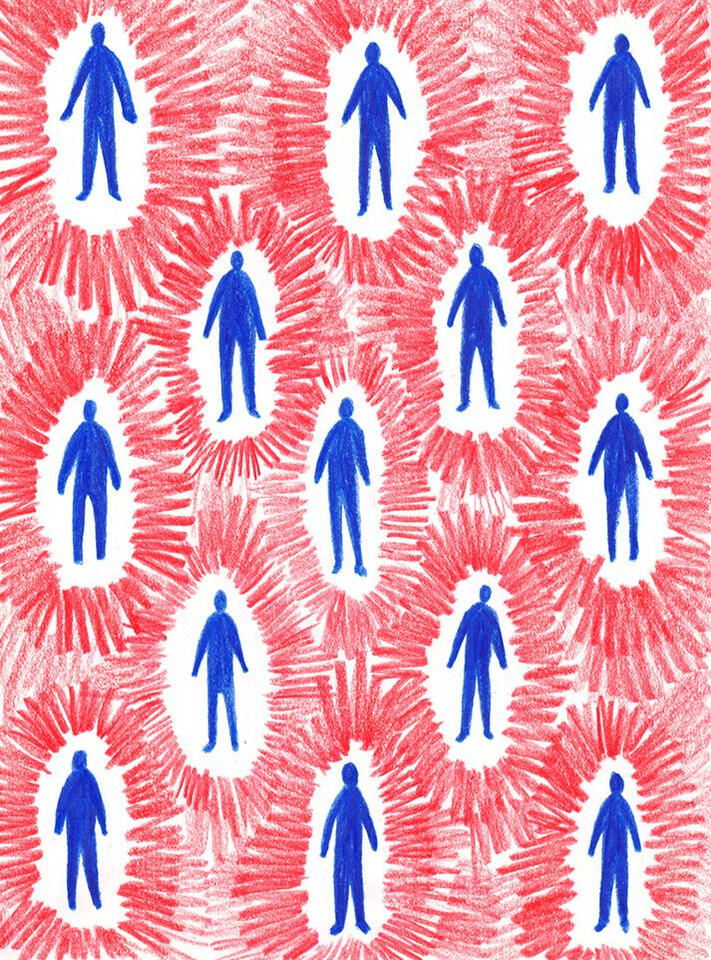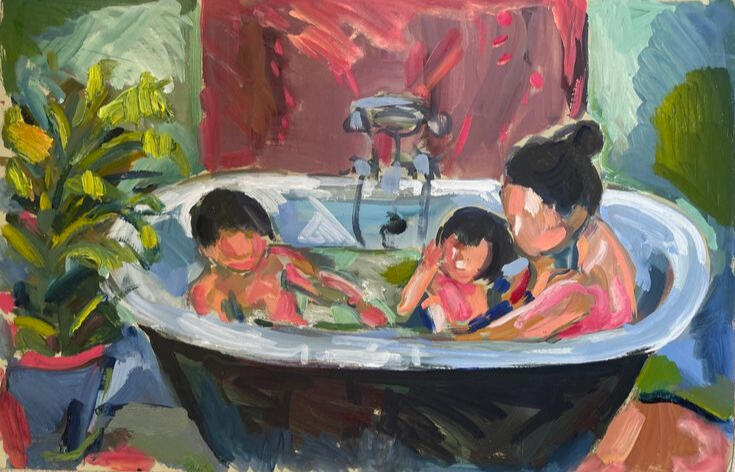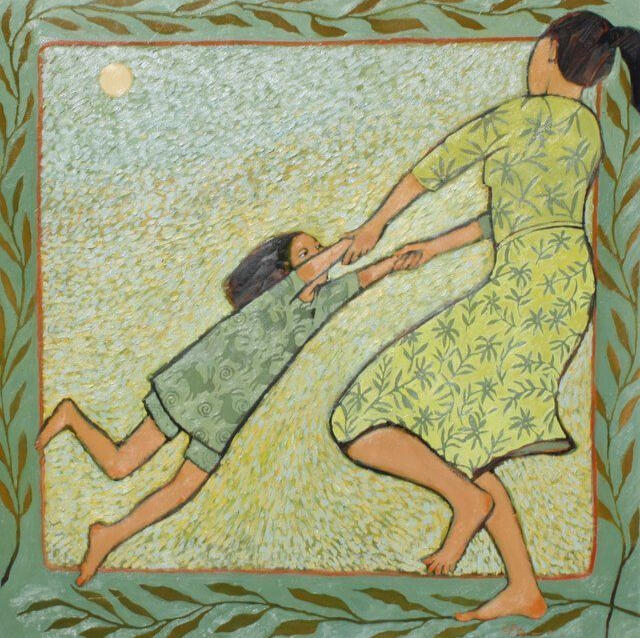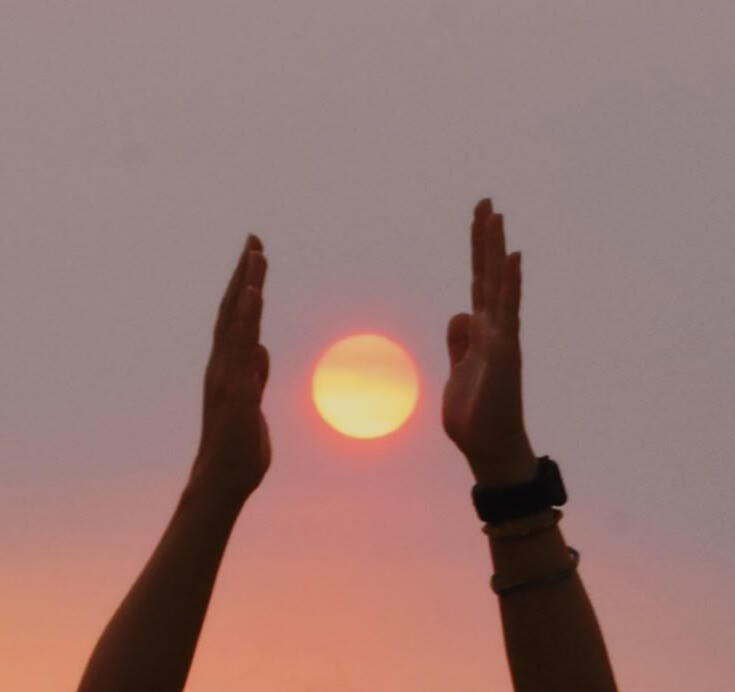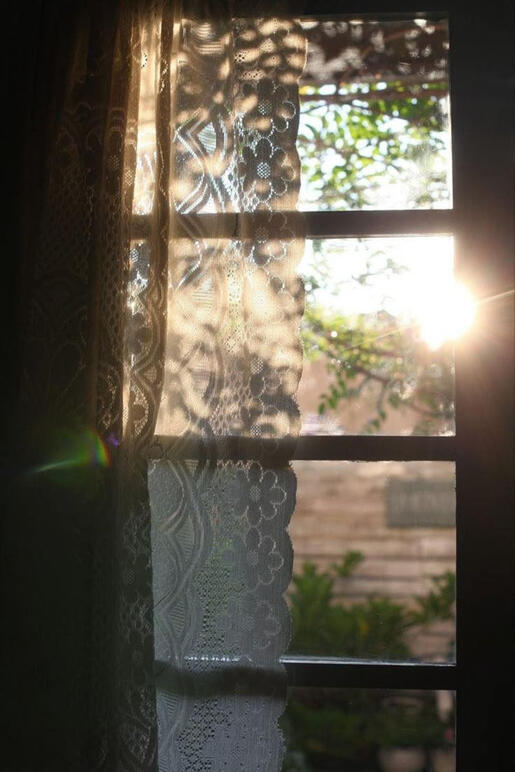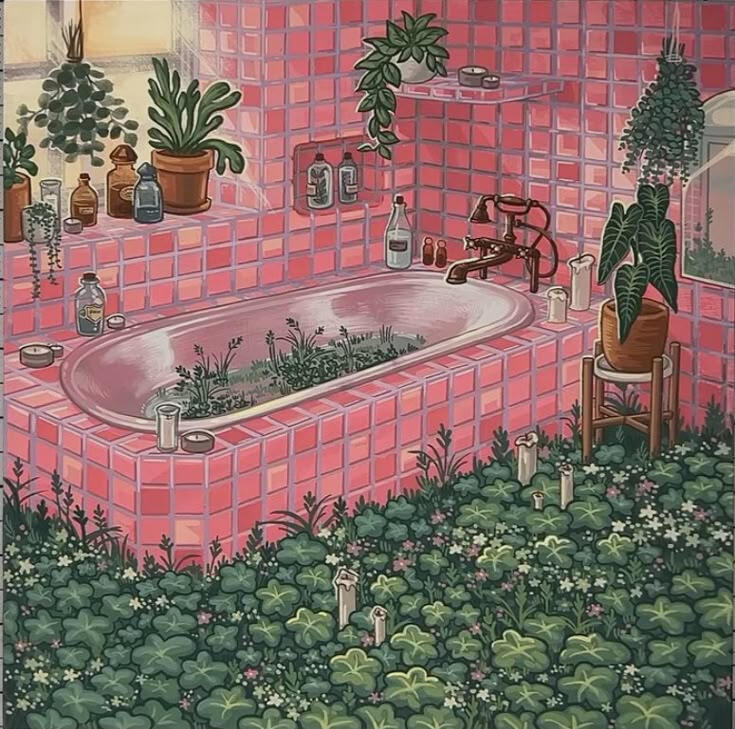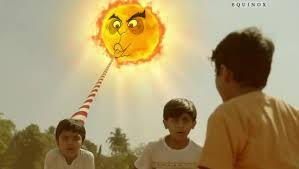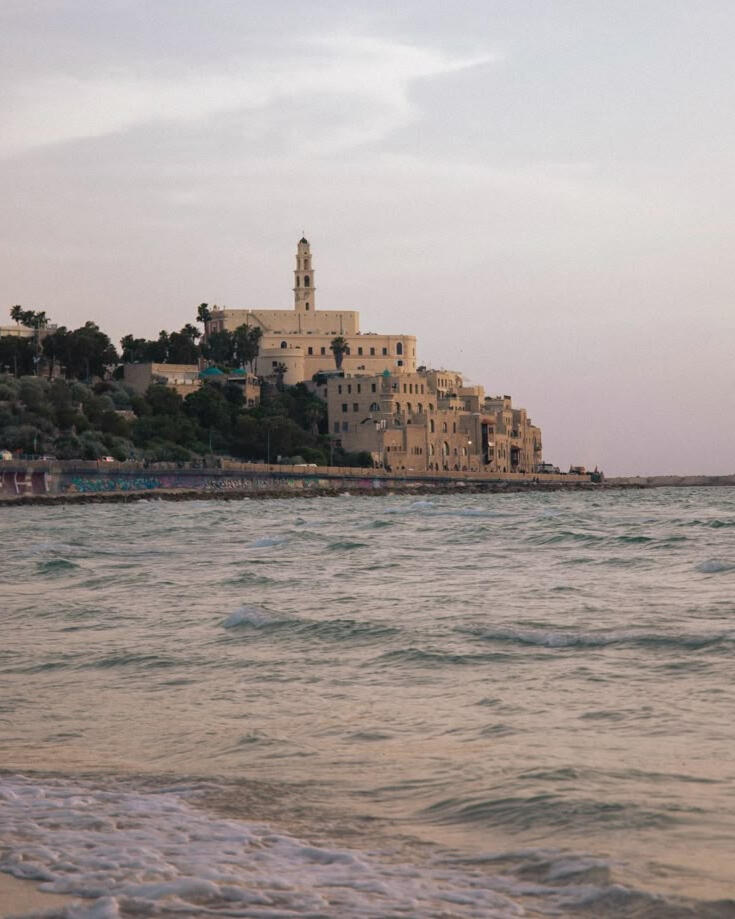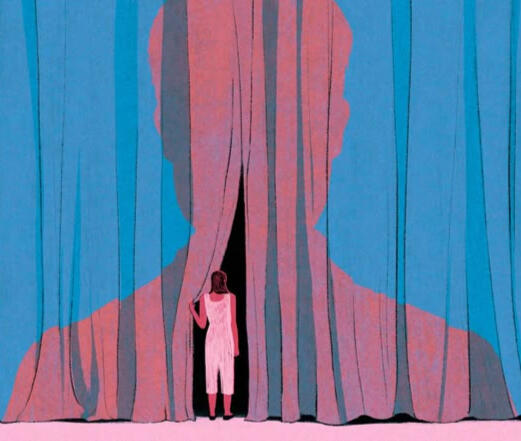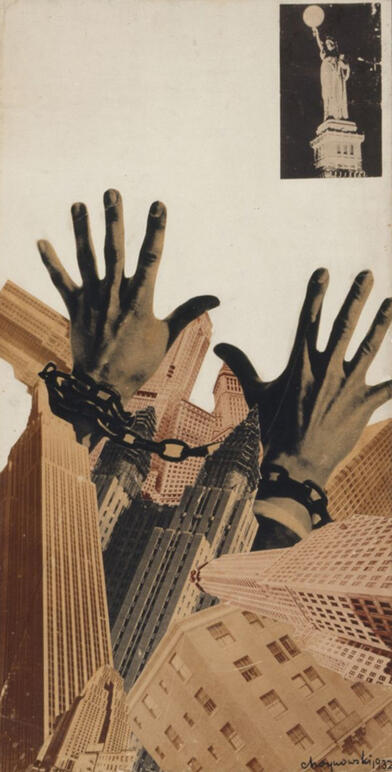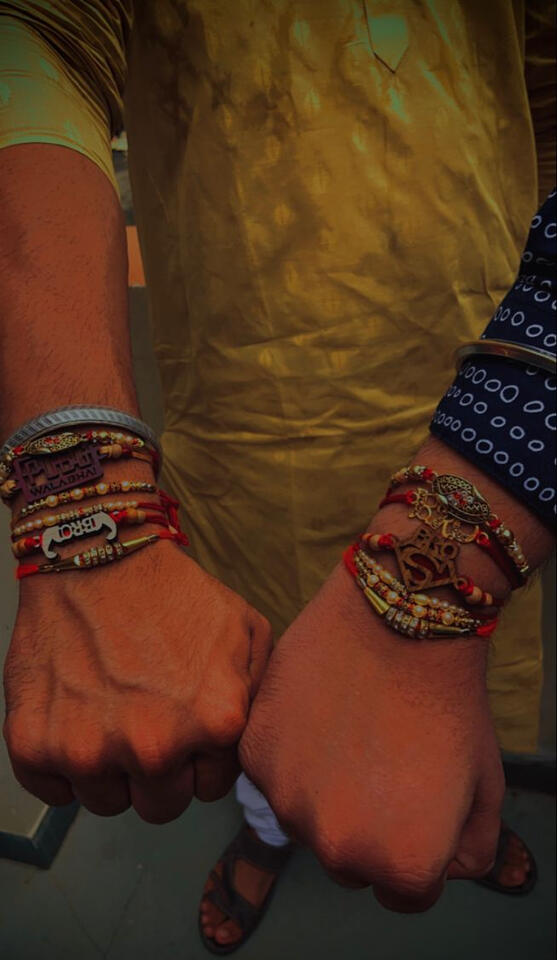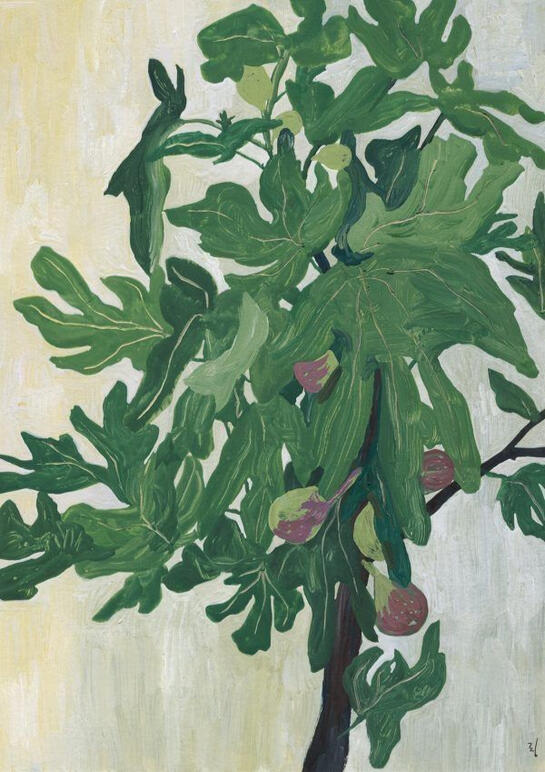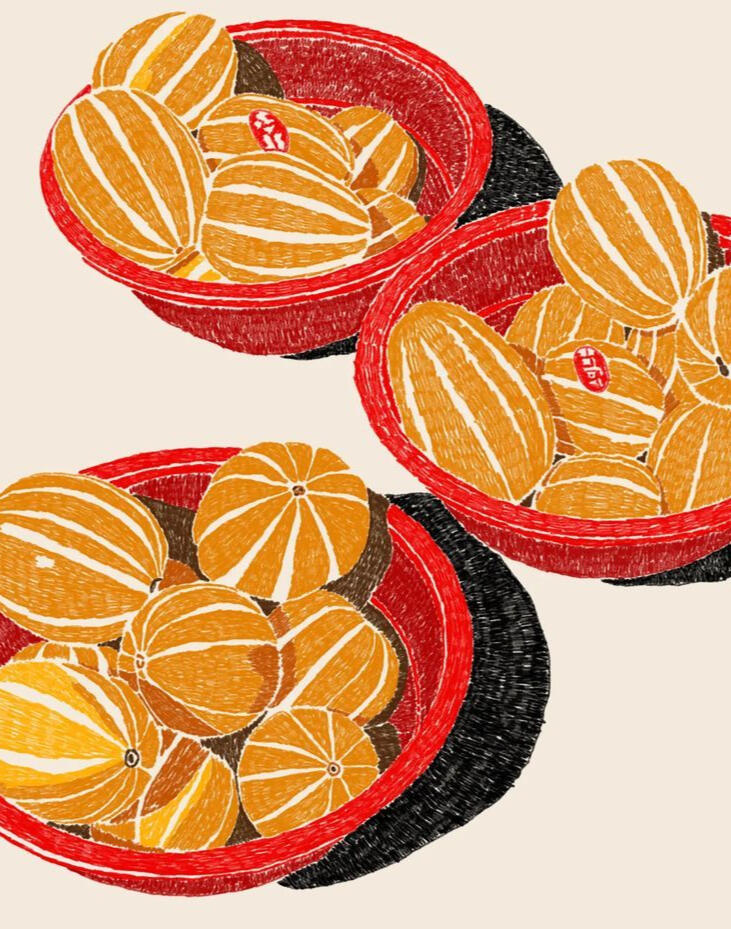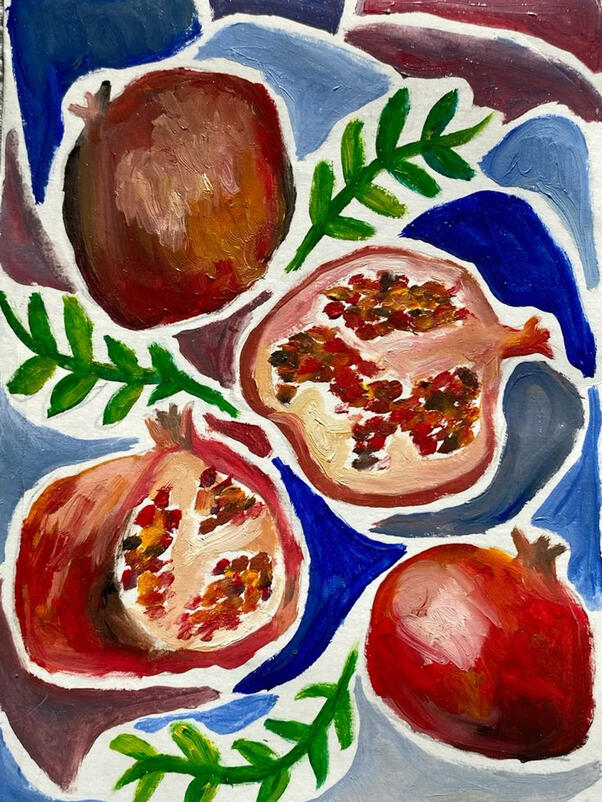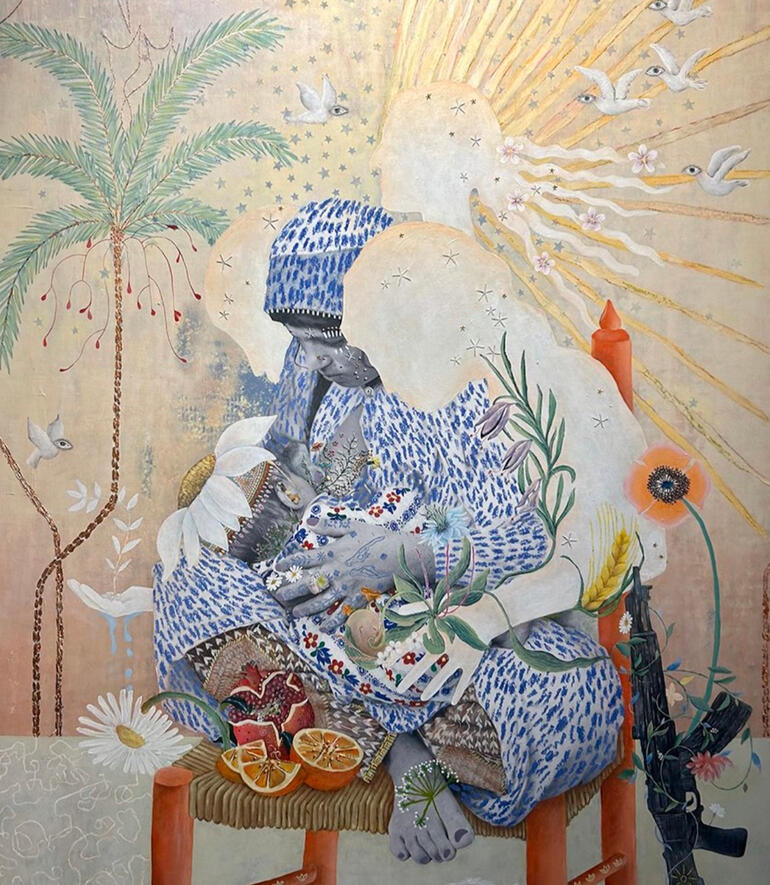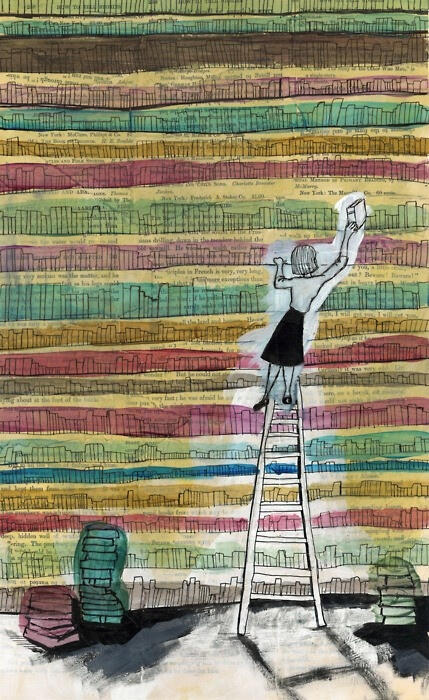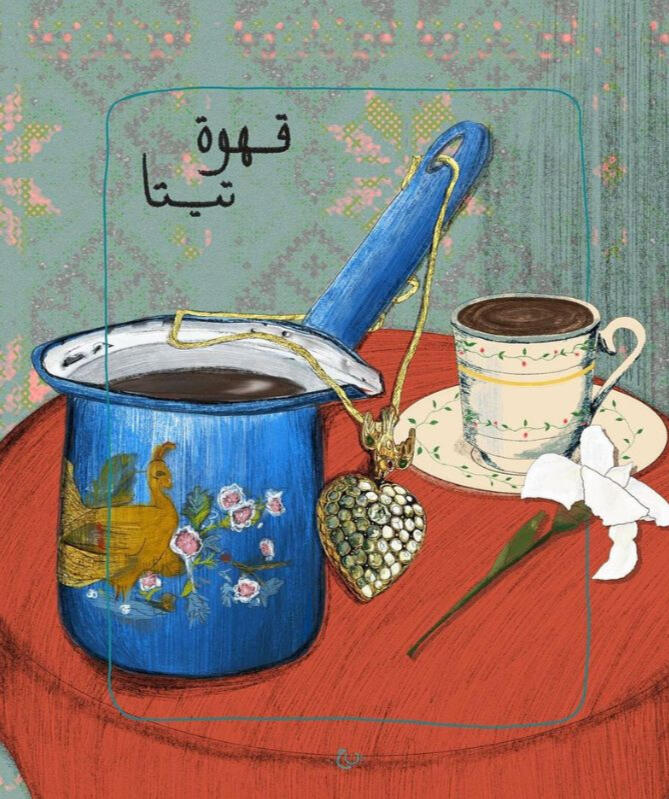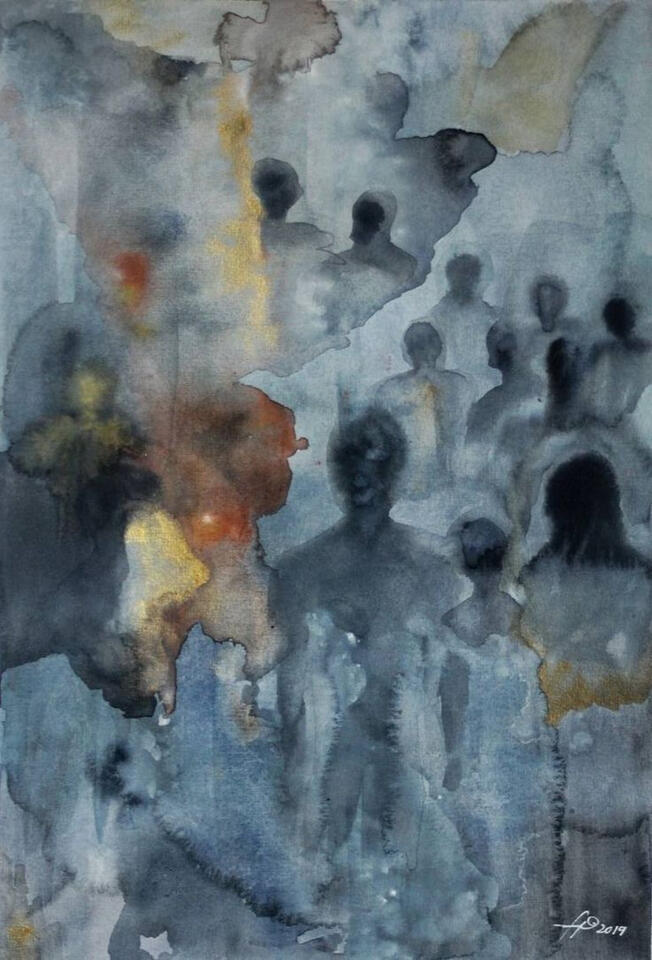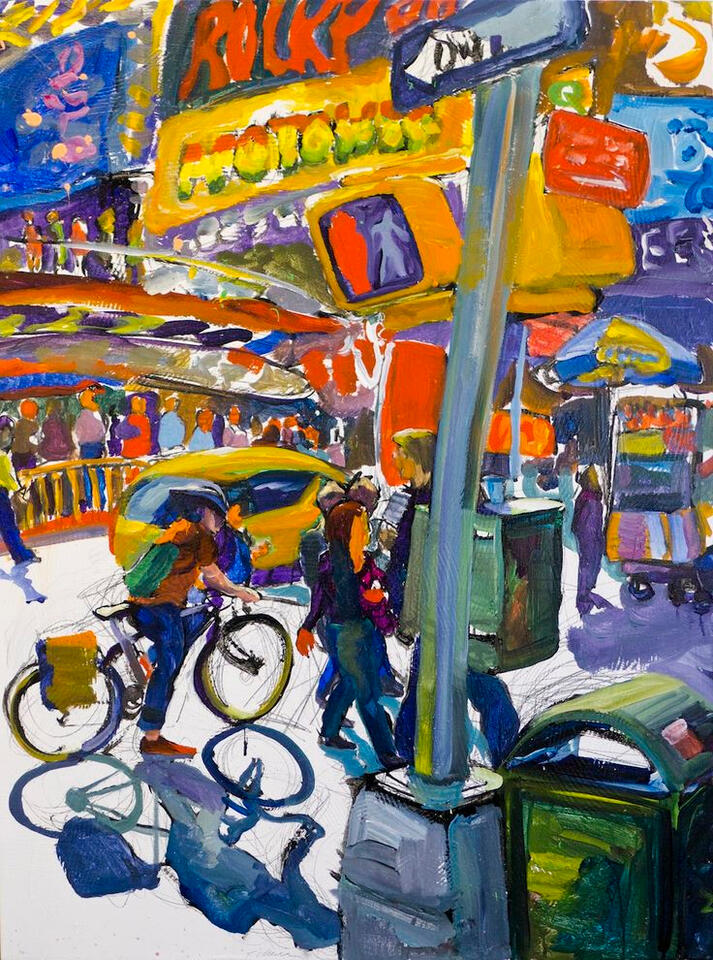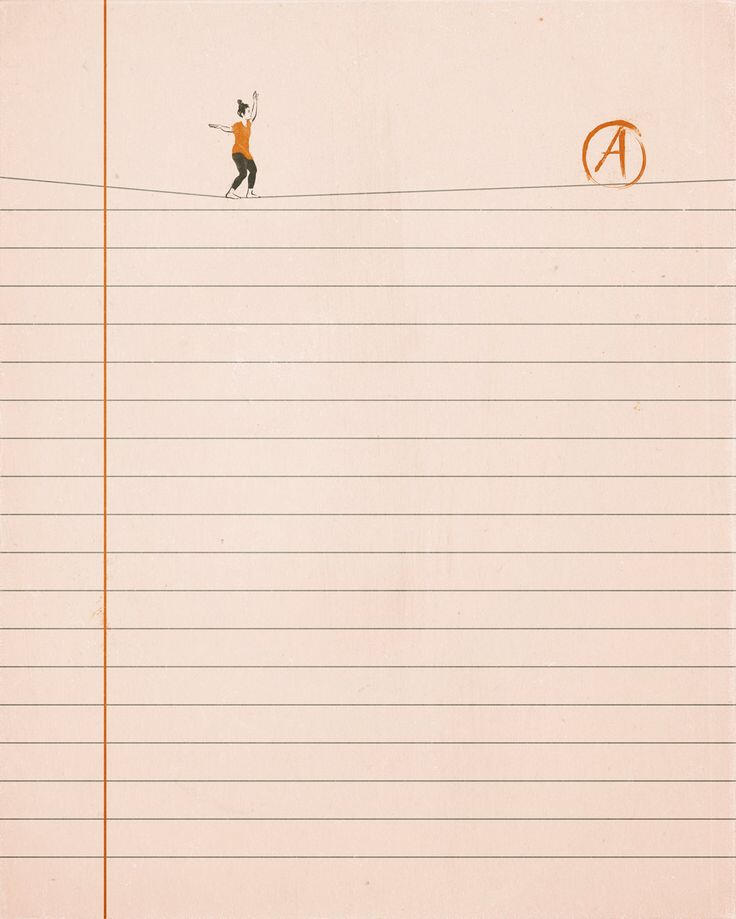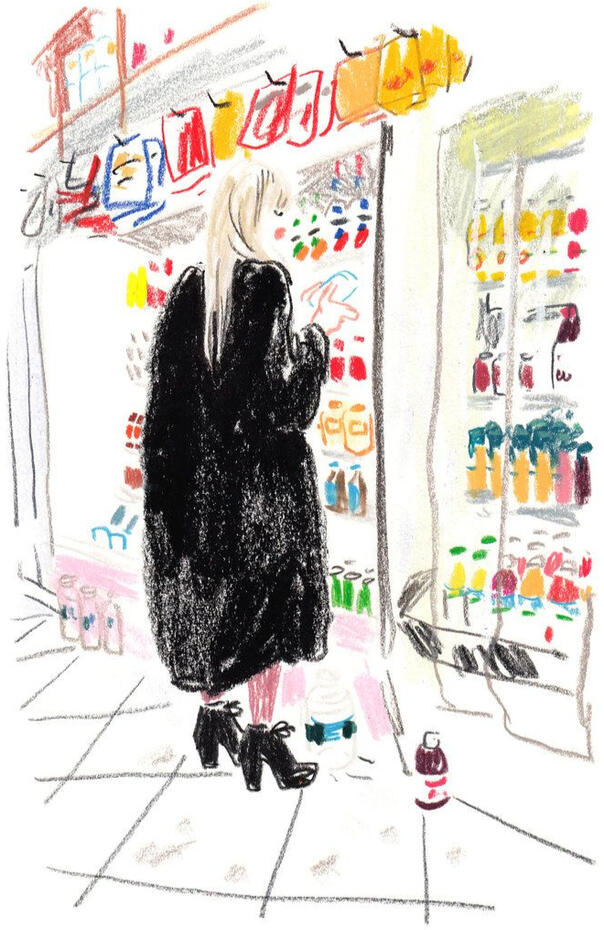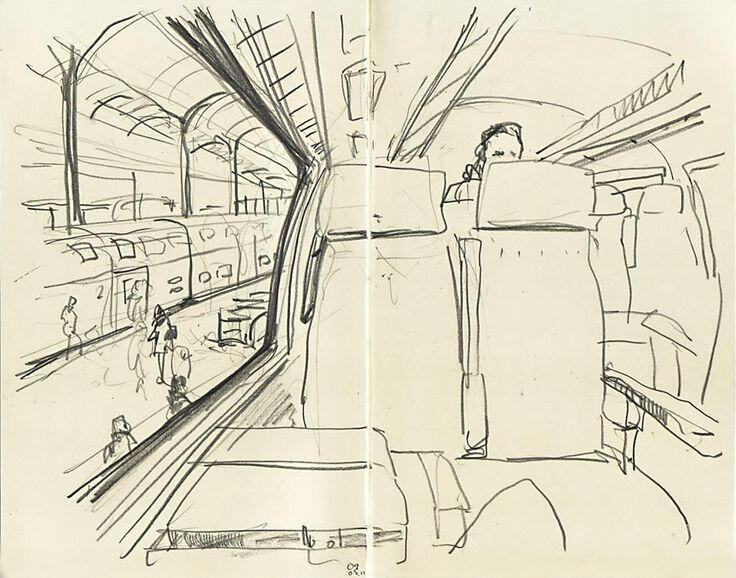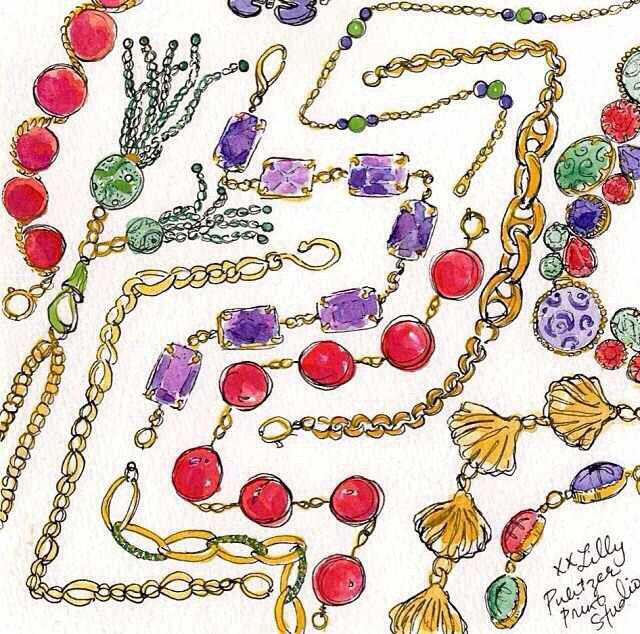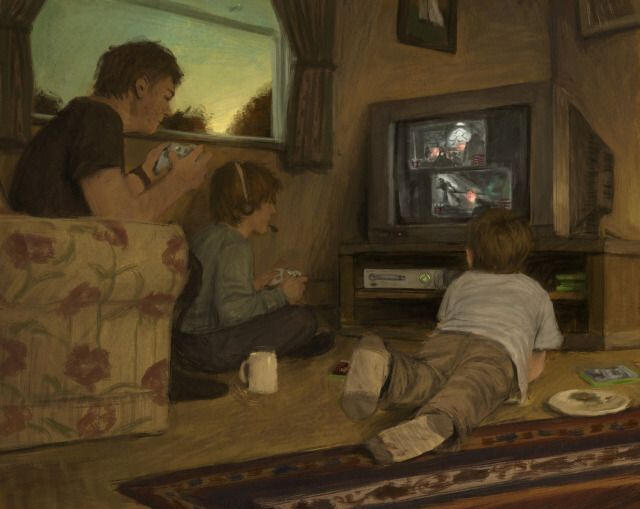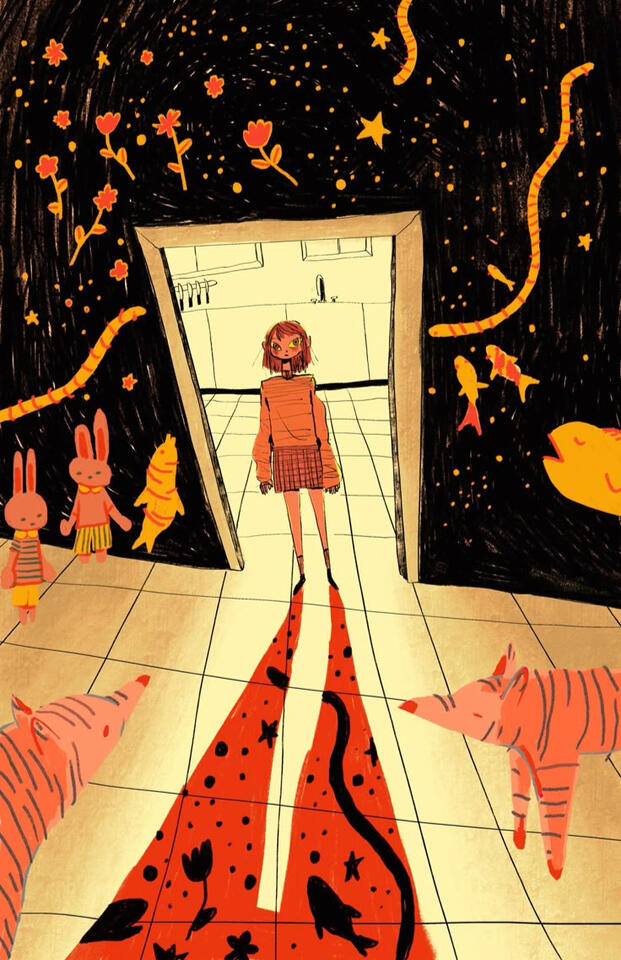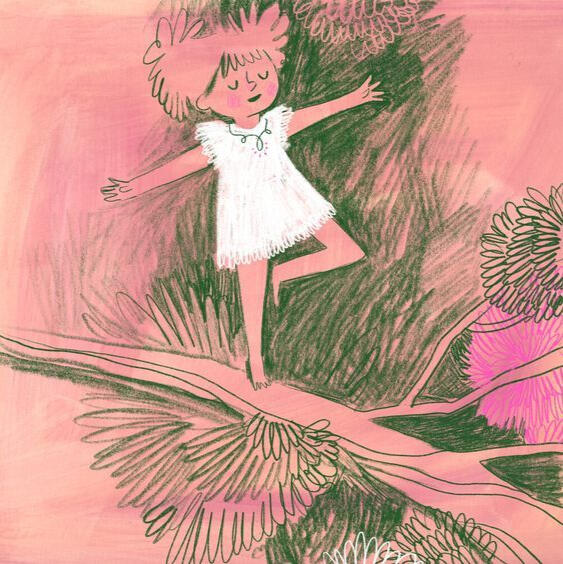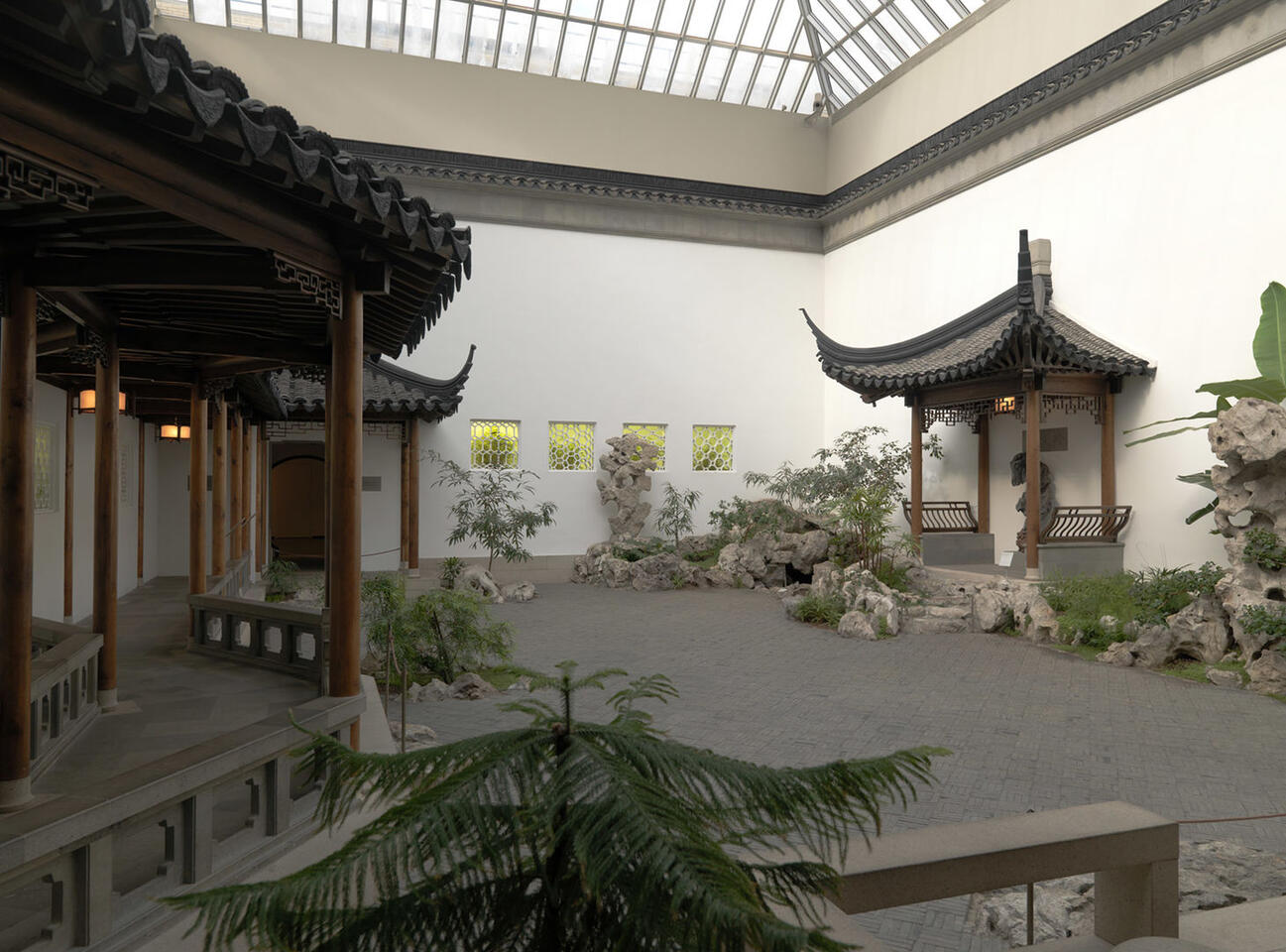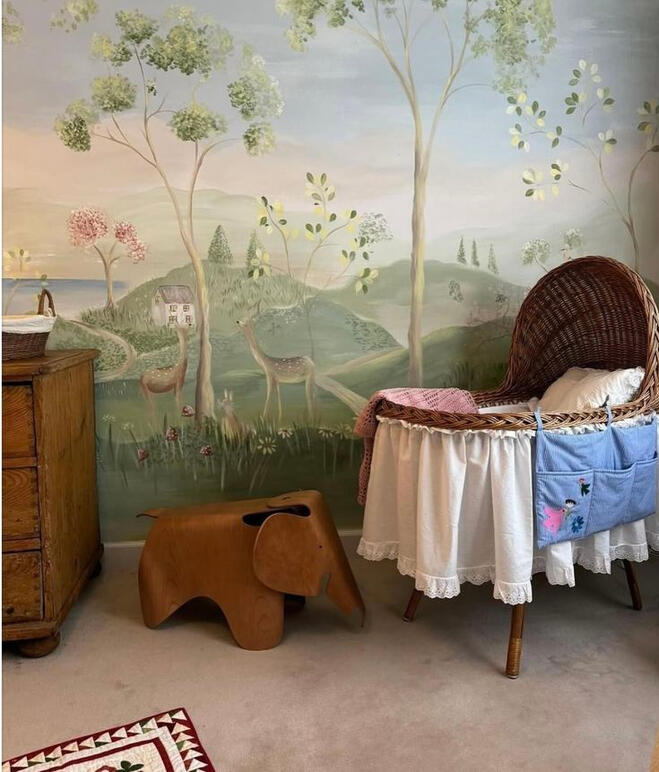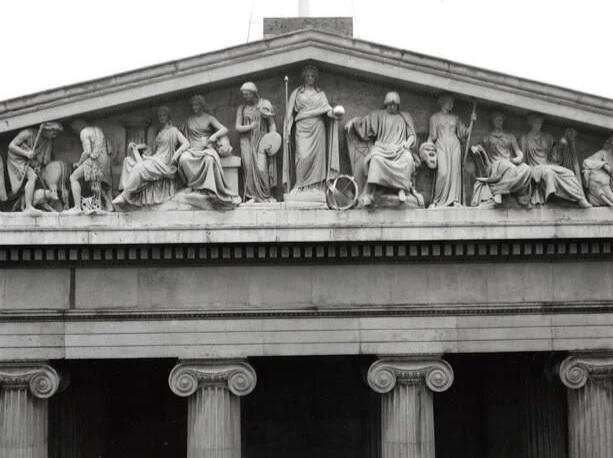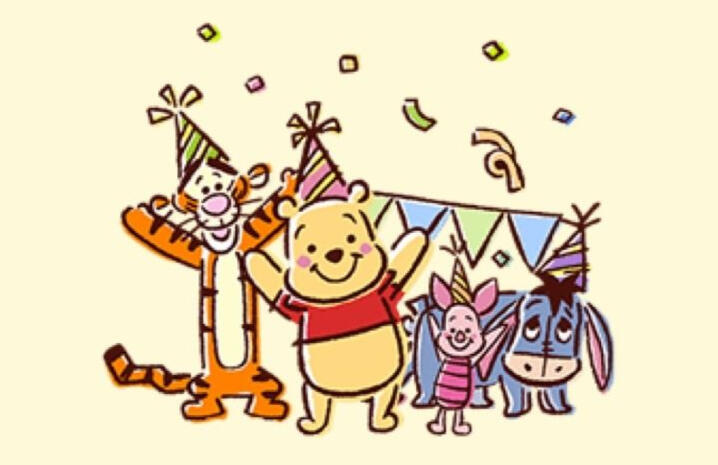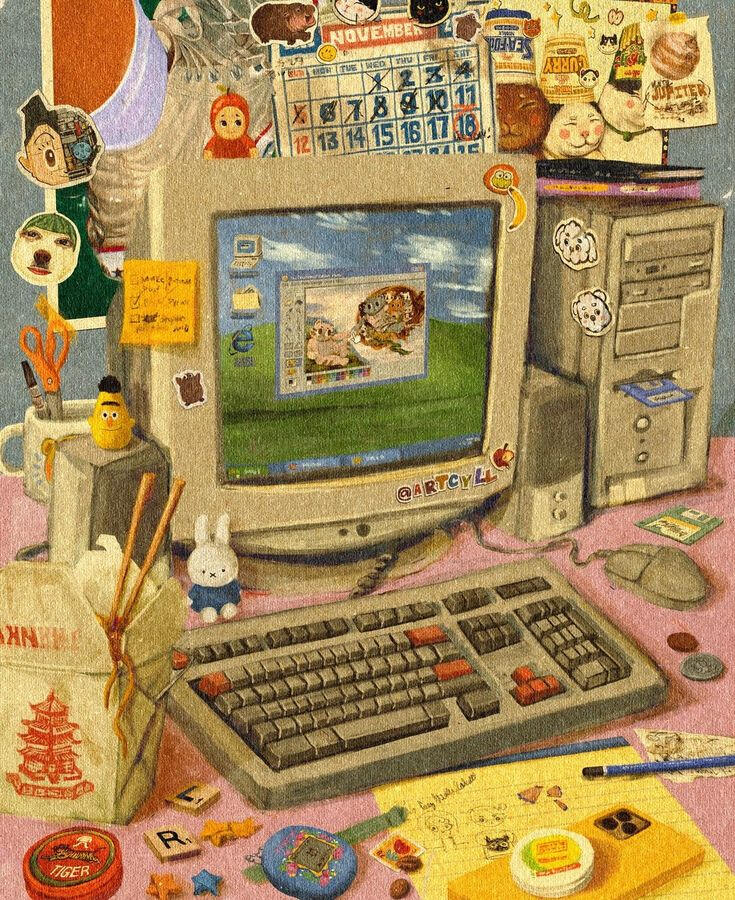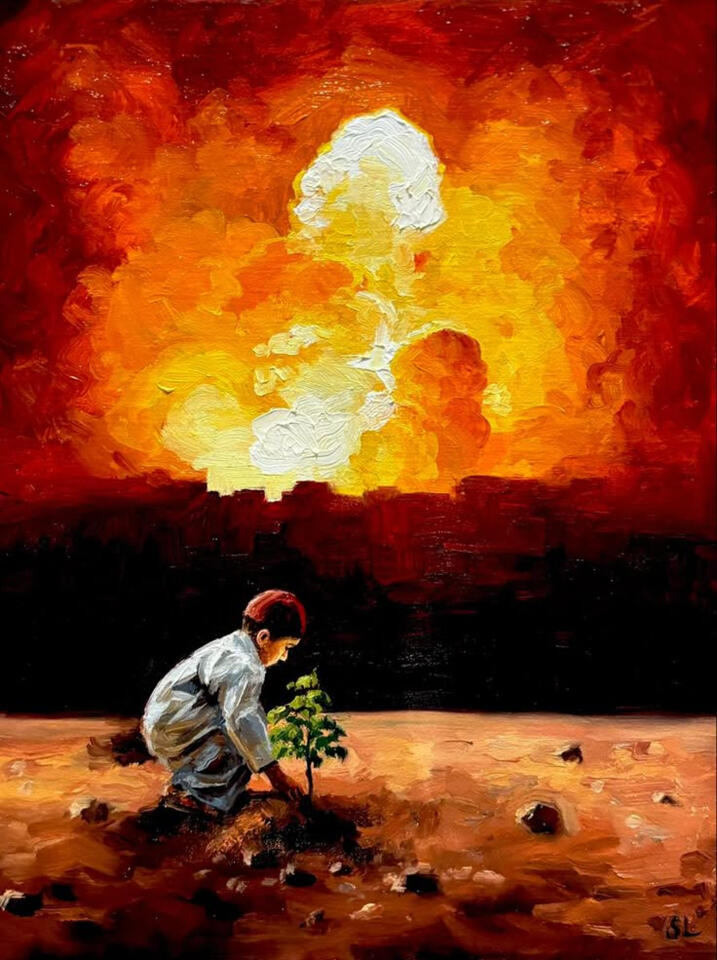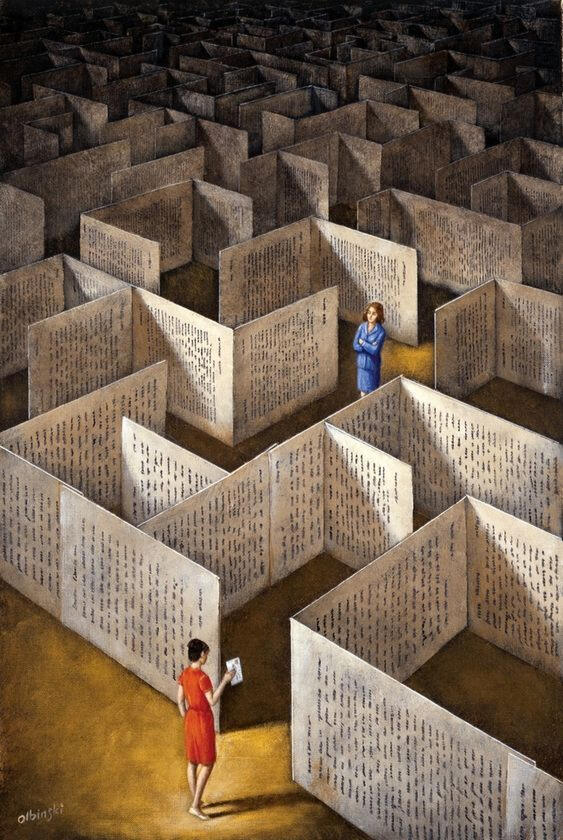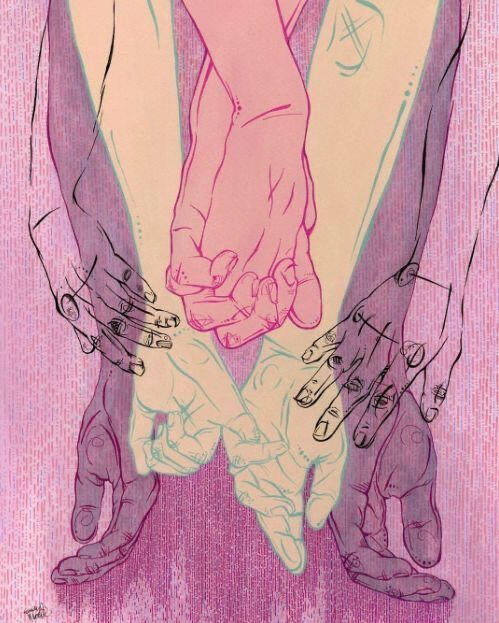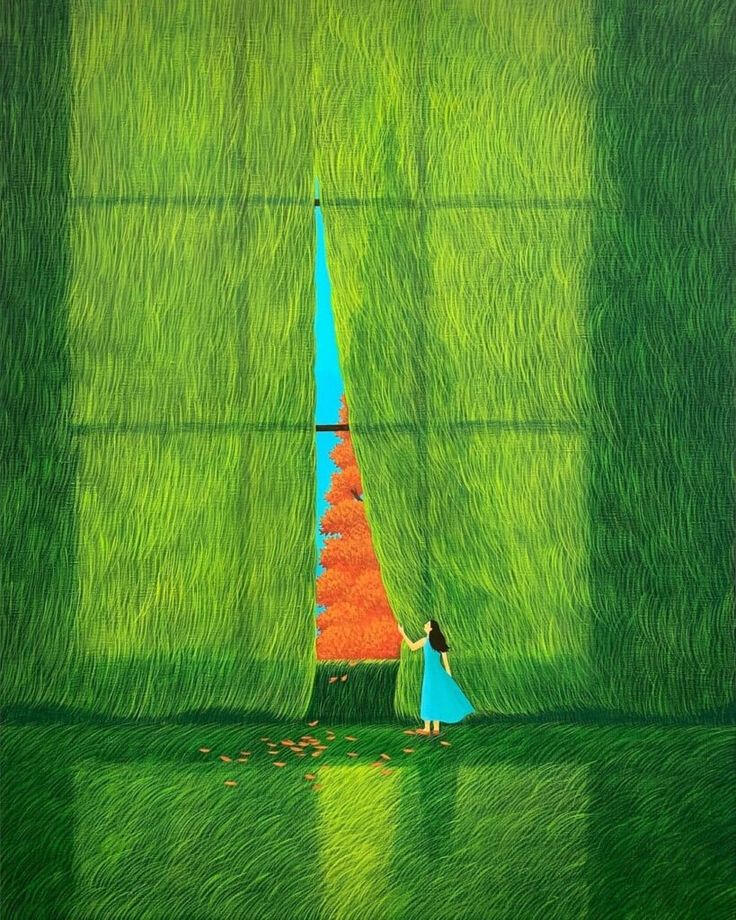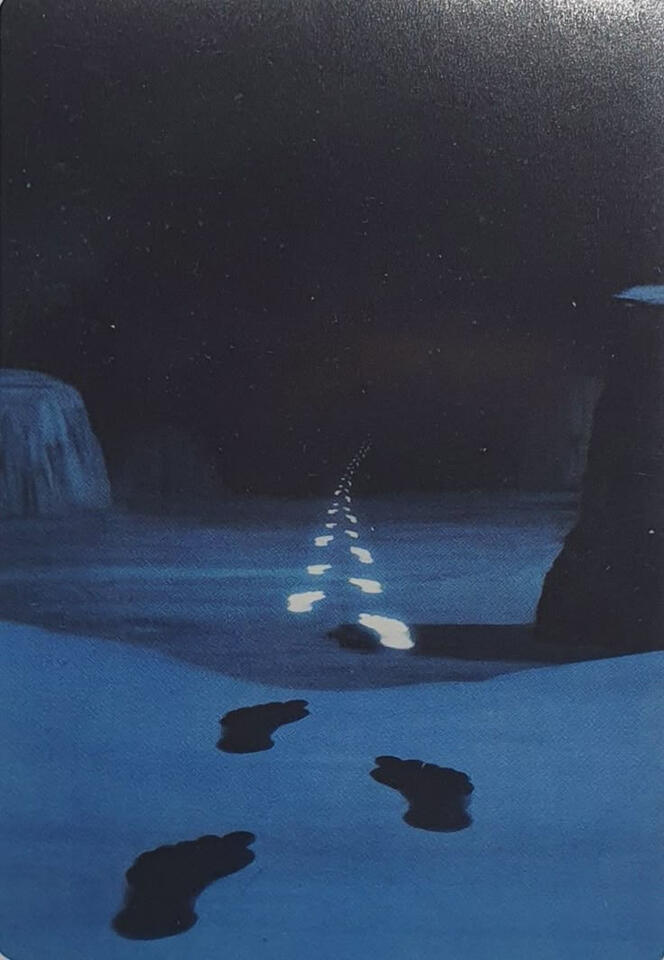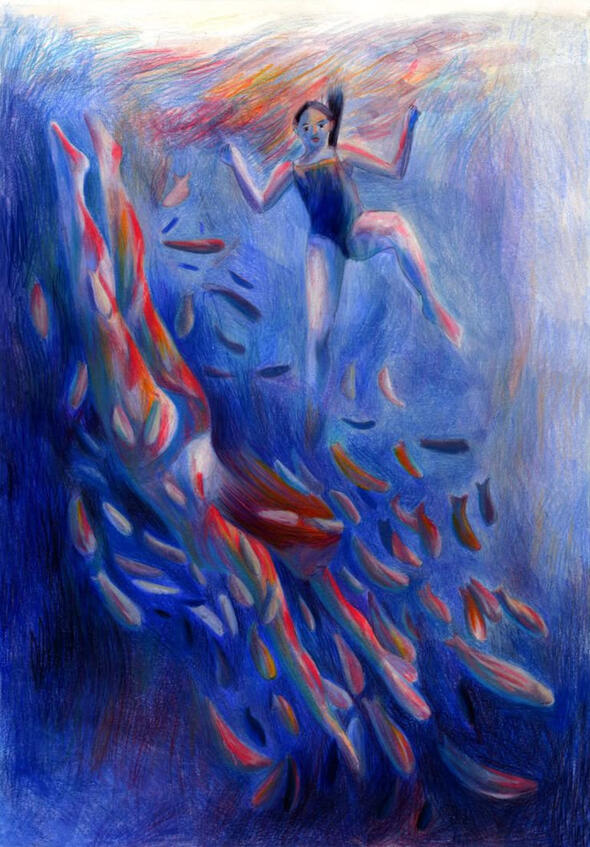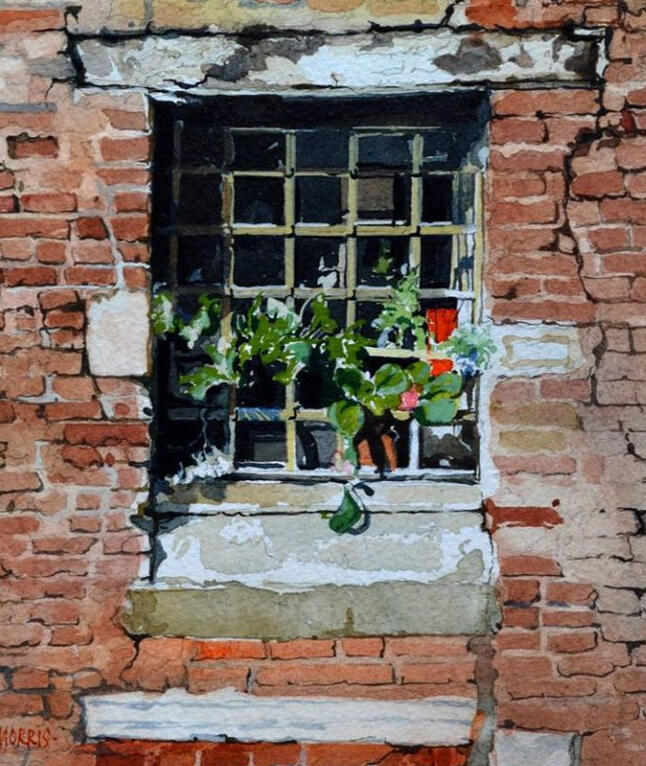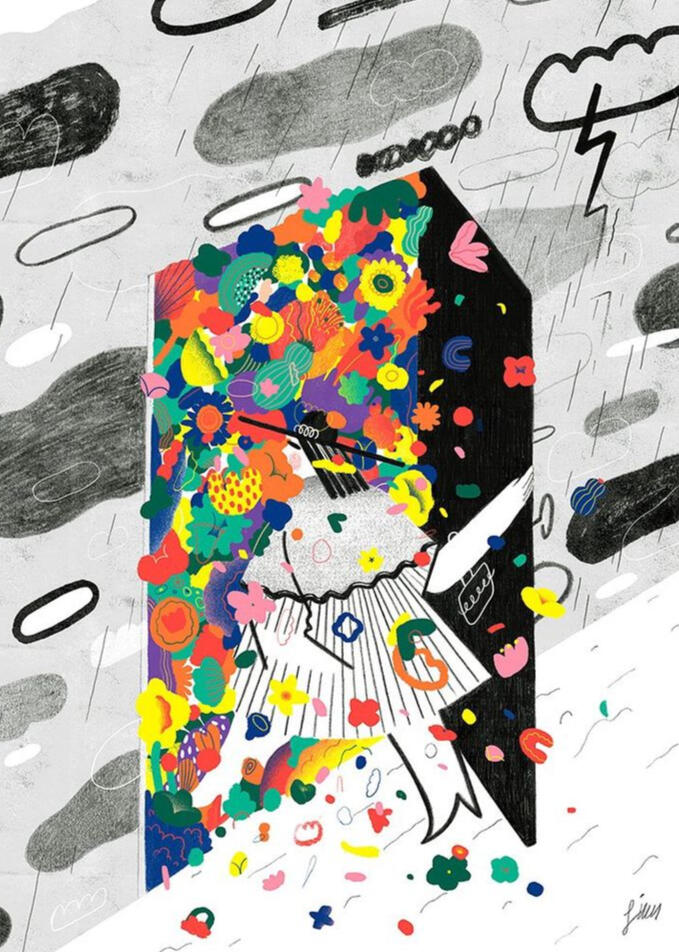Will We Return
a journey through stories
"an ever-expanding storage box"
I find myself all of a sudden in my dad’s car in 2006 .. singing with my sister and sneaking a moment or two where we unfasten our seatbelts and move to the back of the car, pretending we are in a music video .. somewhat reminiscent of Palestine .. the place to be or the place that was.
"this lunatic crazy place"
The following second I remember my mother’s advice to pack my Palestinian books under my clothes and hide them and to find a better way to hide Daqqa’s books underneath my things. All happens and moves through my memory as the detector moves around my suitcase. The officer says in broken English: you can close it now. Have a safe flight.
"Cartography"
The plane marched steadily between Tel Aviv's large, corporate and dystopic grey skyscrapers. I gazed from the window directly at the shiny billboards and commercial screens. In the form of a zig-zag movement – moving like — changing its route to an allegedly safer one – escaping the fires of the sky and the rockets of the underearth.
"But Mama, what Gate?"
Daqqa, from yet another prison, another cog in the machine, writes about his daughter – who is not yet over five years old– thinking of prison: a place without a door. I recall reading a piece of writing where he talks about wishing to hug her and she says: Baba, but you have no door.
"scrub mittens"
When it was finally time to release myself into the cold air, she wrapped me like a rice dumpling with worn-out towels. “I hated my mom scrubbing me when I was a kid too,” she said. That’s why she’d allowed me to play with that scallop shell, scooping water and dripping down my finger tips.
"a sight for sore eye"
I remember at my first freshman writing class, I was asked to write in 5 minutes about “home,” and one image, one and only image popped into my head – The sun slipping through ivy-covered walls of my grandfather’s house. I was falling asleep while the clock on the wall went slow.
"the favorite child"
How it feels to be beloved to have apples peeled, sliced up, and de-cored by my grandpa when I sat and watched TV. The privilege of having a plate of washed, selected, and curated fruits of the season by my study desk is what got me through those years of homework.
"touching grass"
I remembered picking wild mini-strawberries with my cousin and stumbling in the meadow of mud, tasting the sourness in my mouth and worrying that I might be poisoned to death. I remembered climbing up large pine trees and looking at all below me as my reign, listening to the whistles of the needled leaves in late-summer winds.
"last remaining piece"
Baba and I head toward the supermarket, and we pick up my favorite chocolate. He says that I should get what my heart desires. We go home. Please, please stay with me on this. This is not calculated. The kitchen countertop, Mama, Baba and me, we stand and we cut our chocolate in pieces and we try them.
"the red bricks"
The bricks that had witnessed my childhood, soaked in monsoon rains, and glowed under the sharp Delhi sun, were not so different from the ones that lined the walls of Ashoka. It was as if my past and future had been built from the same clay, moulded by hands unknown to me, yet shaping my life in ways I hadn’t yet understood.
"Cartography"
The plane marched steadily between Tel Aviv's large, corporate and dystopic grey skyscrapers. I gazed from the window directly at the shiny billboards and commercial screens. In the form of a zig-zag movement – moving like — changing its route to an allegedly safer one – escaping the fires of the sky and the rockets of the underearth. In its move and in its turn, the plane submits to the colonial march against the colonized. Yet, I thought and would like to imagine it submitting to the laws of the underground, the underworld, or the underearth. What does it mean to draw a map in the sky? An aerial map? Cartography of a space that is in the abstract sense is a form of nihilism or nothingness. What does it mean when the plane shifts its route and announces that you have arrived at Tel Aviv on the screen? And what does it mean to look down below on earth and see the skyscrapers and not the weapons factories or the remains of those who once were here? The remains, do they craft a scene? A map? An image? Or an under-map, an under-scene, or an under-image? And why can't I see them but the Lego-sized cars and the fragile-like-bones skyscrapers? How does the material making and remaking of a colonial space on earth translate to that of the sky? And when the plane moves and thrusts the wicked air of the colony, where does it go?
Theme: Transportation
Shatha
"889 worth of people"
Waiting seemed to be the haunting ghost of that place. The instructions are easy, straightforward, but are they ever? My number is 889, 889 worth of people, 889 worth of stories, 889 worth of reasons to travel. A number that would get me a place on a bus to travel from one border control to another. I looked around me. Everyone was waiting for that single vehicle that would transfer them from a place they call home to another that views them as a threat. The bus moves from Jericho to the Israeli border control. Normally, it takes around 10 minutes to reach. Yet, somehow it takes more than an hour to reach the border control. Does the bus know the way or is it lost? Does it go the wrong way? Does the bus know who it carries? People with a hope to reach their destination but their destination never finds them. Time is moving too slow for this bus. How much longer does this bus take to reach or will it ever will?
Theme: Transportation
Lujain
"a headless chicken in a barn"
Planes are really weird. Those long journeys on a flight, with crying babies, overly bright reading lights, the 500th watch of Devil Wears Prada, boiled vegetables, and puffed up packages of bread with ice cold butter. All of these signal an altra-reality as unignorable as the fasten-the-seatbelt sign. You don’t know what time you’re sleeping, which meal is it that you’re eating, and whether you should use this time to work or adjust to the jet lag. You feel like a headless chicken in a barn, going nowhere and waiting to be fed.The angst of landing is juxtaposed with the desperate need to seek for hydration and to pee in an unshaky toilet. I dreaded yet looked forward to my feet touching solid ground again; my face embracing air, and smelling the smells. But before all of that, before I must become who I am conditioned to become and who I must become in my destination, I am on a plane. I am on my way.Hence I always found writing on these long flights soothing. It was an immediate space where I stored my luggage brought from my departure overhead. I am prepared for a transition.
Theme: Transportation
01
"this lunatic crazy place"
I arrived at Tel Aviv Airport, Ben Gurion Airport, or what was previously known as Lod Airport. The cold air of midnight air crashes and collapses before me, and yet, this time it does not touch my skin. We remain and for the first time in proximity but not in collision. First steps towards the departures terminal entrance, we are stopped by two “security officers” who were standing behind a small block and next to a metal detection machine. They ask for our IDs and presume to interrogate us about who is the one traveling, their destination, and their reason for it. I answered in lousy American English, and would not lie: on purpose. My mother, in her habit, tries to interfere and make up for my either broken or lacking Hebrew. The female officer asks me to place my luggage on the block and to open it facing me and in my direction. I laugh. Neither she nor my mother noticed. I say: of course – sure thing. There are really just random books and a sweater in there. I unzip the suitcase and think: my god I need to write about this lunatic crazy place. For a second, I think about the moment I was packing my books and homemade sweats my parents made me, and I remember the postcards with the Santa-dressed man and the grenade in his hand and pray it was in the other bigger suitcase. The following second I remember my mother’s advice to pack my Palestinian books under my clothes and hide them and to find a better way to hide Daqqa’s books underneath my things. All happens and moves through my memory as the detector moves around my suitcase. The officer says in broken English: you can close it now. Have a safe flight.
Theme: Luggage
Shatha
"a lifetime worth of stuff"
I always tried to follow those packing videos but somehow I always failed to accomplish them. Maybe, I have too much baggage that a suitcase can’t handle or maybe the idea of fitting your stuff in a box feels too Sherlock Holmes for me. I always like how freeing it is to only have a suitcase worth of stuff to worry about. Yet, when I stop and think about a moment that all you have is this sad suitcase. A suitcase can carry a lot yet can it fit a lifetime worth of stuff. Can it fit a home? Can it fit a lifetime worth of stuff? Can it fit a home? Can it fit a memory? I think about that moment when it’s no longer an option and you have to make a home out of a suitcase. Is it enough? Whenever I see the displaced people moving from one place to another, I always wonder what their thoughts were when they had to pack their belongings under the ghost of memories. Can a suitcase carry your childhood, your friends, your happy memories, your sad ones? Can you become one with a suitcase?!
Theme: Luggage
Lujain
"sign of human living"
"Live in a suitcase” is something my roomate Grace would always say. This girl from Norwalk Connecticut with parents working in the New York Times and a coastal suburban house was my best friend in college, who witnessed and helped, my moving journey every summer.Take out everything you own. Erase every sign of human living from thai university owned property. And shove everything you can’t take with you in a trash bag and dump it Goodwill. Then hire an Uber that will cost a liver to bring everything to a storage unit in an ungentrified and probably kinda dangerous part of town. (Four suitcases, three cardboard boxes, and a bunch of shenanigans hanging off-balance). Then I climb on top of the ladder and shove everything in with my bare hands into an iron-locked cubicle.Now it’s time to return to my summer sublet, with nothing but a small carry-on and an overflowing backpack. That’s what will last me all summer, every summer.What I decided to always take with me: I would insist on bringing my thrifted dress and Happy Birthday cards to friends instead of my coffee-maker. I would save space for my favorite teddy bear (which I lost during one of these big moves–crying face) and to take out blankets (worst decision of my life that made my shiver in American ac temperature).“I don’t know how you’d do it.” Grace said when we were cleaning up the last apartment we lived together in 12hrs. All empty now, almost. Except my graduation gown hanging in the closet, resoundingly alone. ""Wow,"" she took a picture of it. I was falling asleep in my twin bed, burried under jackets. I still picture her opening the door of our connected rooms and sitting in my disc chair with her face mask on."
Theme: Luggage
01
"not historically accurate"
In class we are always urged to think about ‘institutions’--whatever it means. When talking about philosophies, histories, politics, literary studies etc. with polished white kids, all of these intellectually stimulating topics surround me like the dancing shadow figurines in Howl’s Moving Castle. I was not supposed to be in this conversation, really. It’s not historically accurate.I heard the students at Yale marched to take down the statue of a slave owner on campus. I witnessed student protestors on Columbia campus occupy Hamilton Hall and renamed it “Hind’s Hall” under hanging keffiyeh and projected slogans. I went to an organized march that started under the arch of Washington Square Park, and ended in the middle of nowhere, as signs of “My Body My Choice” flushed the streets and then trickled down. When I went back home in the Muslim district in Xi’an across half a globe, I saw watermelon stickers on motorbikes, food stalls, patio umbrella stands.I was asked, and all were asked, sitting in the same classroom, why are we reading Edward Said, Franz Fanon, and Suzan Lori Parks if we are not expected to use it?
Buildings grew. Building fell. Statues get erected. Institutions get taken down. Knowledge has never saved anyone.
Theme: Landmarks
01
"But Mama, what Gate?"
My father, driving as slowly and as cautiously as he always would, points to the left side of the highway road and says: and here is where I spent my nights and days as a 16-year-old boy. So grim and a pale grey this place is – I think. I reverse the site in my memory and wonder what does a prison do next to a highway street. Aren’t prisons supposed to be tucked away in somewhat desolate and isolated sites? What does this one do in this populated site – populated with cars and pedestrians and those who are on their move from point A to point B forget, or pretend to forget, this fortress of allusive power? In proud arrogance the prison walls stand high, concealing away those behind its walls, its electric wires, towers and CCTV cameras. Do they hear us passing by? Do they hear the traffic noise and the chaos of rush hour? I play back again and again the memory of where my dad pointed his fingers at. He said that he was forced into the eerily walls of the underground cells to force my grandfather to confess. To confess what? I rearrange the question in my head and think about the prison standing on the highway. What confession are the walls and the cement blocks making? Are prisons sites of confession? Spatial, yet subtle, confessions?
Theme: Landmarks
Shatha
"Welcome"
Greetings seem to be a connection of words designed to welcome you, but it always feels stressful. The enormous possibilities that lie behind this word is overwhelming. It’s meant to be welcoming, but it feels threatening. Does the welcome sign welcome my passport? Does it welcome my identity? Or does it welcome my story?
Theme: Greetings
Lujain
"my particular audience"
Who could I make eye contact with?
Who should I approach to do so?
Who is trustworthy enough for me to come up and initiate a conversation in untranslated languages and clothed under foreign dialects? Picking who to talk to in a stranger’s world is like sampling fruit from a food stall at the market when a variety of other smells – meat, mud, spices, tofu brines – all occupy my nostrils. To socialize is a tactic, sometimes a survival one, in order to not be lost; sometimes a gaze of curiosity, to satisfy my own interest of “knowing.” The intention behind is to pretend that I am no mere tourists. I am here to talk to you, some of you, albeit with a distance. I have to be aware of my safety. I am very sure that I should not blend myself in. I should approach from a position of polite inquiry instead of an attempt to befriend, be-with, and become the local. I will, after all, try to twist my tongue to learn the most colloquial way of addressing my particular audience. But no more beyond that – a friendly but aloof smile when I pass the change over and say “thank you.
Theme: Greetings
01
"homeland"
“Welcome to Israel” the giant sign reads as I arrive at the arrivals lounge. I make no temporal or spatial reference to this piece as it simply has none. I have passed by this sign countless number of times, and it seems I will so do more as I venture in and outside of my homeland. From 12 to 24 and the sign never fails to lunch a shaking impact on my physical and spiritual being. Walking past this sign, I pass a number of always reinvented and renewed CCTV cameras … id checking machine … place passport here … place passport there … check your boarding pass here … get a new number to pass the gate there … arrive at the arrivals hall! So again “Welcome to Israel” … I search for a sign of my parents’ faces.. I do not see them .. I take another look around … to the left .. a giant screen displays a whatever sign that moves with the trends of war and the new look of the colonial state … a family enjoying the beaches of Jaffa .. … settlers praying by the Buraq wall … ? a settler’s family arriving home! Greetings, and welcome to Jerusalem! I catch a blurry sign of my parent’s face. Welcome to the Homeland.
Theme: Greetings
Shatha
"say hello to a god"
Namaste! Kaisa hai. I heard this short English man with the most obnoxious mustache say this to me and my mother. We smiled at him, and said namaste back. My mother had always told me it was bad manners to correct a guest. Atithi devo bhava, they say in Hindi. Or Sanskrit. Whatever floats your boat these days, really. It means your guest must be treated like a God. He seemed like a kind man, but his eagerness to show us the hindi words he knew was frankly embarrassing. Namaste seemed to be the only one he got right. It did make me wonder what it means to say hello to a god who only says hello back; and what to do when your God overstays his welcome.
Theme: Greetings
Nupur
"the night sky"
I’ve always been apprehensive of gifts. I always know how to react to the bad ones, that’s a skill I’ve inherited from a long line of people pleasers in my family. A moderate amount of enthusiasm goes a long way, I’ve come to realise. Never too little, and CERTAINLY never too much. No, it’s the good gifts I’m apprehensive of. And such was the case when my eyes fell to a tiny canvas, decorated with a view of the night sky– a night sky that I could recognize in a fraction of a second. It was where we’d first kissed, 5 days before we were separated by distance and time. I sat there in silence, wondering if saying anything at all would hurt any less. It didn’t. I still look at the painting sometimes, and also at the night sky– a different one, of course. Saying nothing at all hurts just a little less, now. All it took was distance and time.
Theme: Gifts
Nupur
"a piece of feather"
In Chinese classes at my elementary school, there’s a saying grained on the page of my textbook. It goes, “礼轻情意重,千里送鹅毛”.
(A small gift may bear heavy thoughts and feelings; a thousand miles to deliver a piece of feather.)
It supposedly comes from this story where a poet who tried to bring a goose from his hometown to the emperor, but unfortunately was only able to present a piece of feather when he travelled all the way to the capital.
Notes of feudalism aside. I remembered this quote from the age of six.
Chocolates, beer openers, postcards, museum pamphlets, fridge magnets…no matter how cheesy, I collected pieces of my journey through the trinkets that my grandma joked “probably made in China” and stuffed them in my already overweight luggage, and presented them first thing after my flight landed, like a working ant showing off their fruitful labor.
It’s a personal archive waiting to be broken down into small pieces of feather, taken home by those who did not, or could not leave.
Theme: Gifts
01
"souvenirs"
I remember being at a gift shop in Norway, and I was walking around looking at all of these different souvenirs and I recalled how I felt as a child when my dad used to bring home gifts from his travels. They always had to be something that is not available back. This got me thinking about gifts and journeys. If we look at gifts as a symbol of a journey, a memory of it, then it means that you can summarise a journey within an object. An object holding an element of a story, especially if it is from a faraway place that this person never went to. What decides that something can be a souvenir? What parts of a culture does it show and what parts does it hide? I think if we bring a gift to a person back home, we align some parts of them to parts of this culture we’re visitors of. In the end, gifts are part of a culture and part of a story.
Theme: Gifts
Lujain
"hot"
“No, you have to eat it right now, when it’s hot!” My mother always says. As a college student in New Delhi whose diet entailed cold pizza and cereal (save for the weekends, of course, where I’d come back to hot pakodas straight out of the fryer), I was constantly annoyed by her insistence. Cold food isn’t too bad, you know, I told her constantly. I had never cooked for myself– I’d never needed to, not in college either. Moving abroad changed things for me. More cold pizza and more cereal, yes– but no weekend pakodas, served piping hot to me in my bed. My first attempt to recreate the pakodas– the smell of them, the taste of them, the home in them was not half-bad. But as I told my flatmates to eat them when they’re hot, I understood what my mother meant. Home is where it’s warm– where it isn’t cold.
Theme: Delicacies
Nupur
"Delicatessen"
I don’t know why but this word reminds me of its German, or even Hebrew roots
“Delicatessen”
The idea of a deli where you can walk in at any time of day getting a bagel sandwich, a can of chickpeas, a large iced coffee, bananas, smoothies, peanut butter, period pads and kitchen wipes and dish soap and pain killers, is somehow very soothing. On a long walk in the darkness to some relatively dangerous subway stations, I count on the lights of the delis, run by accented uncles and fat cats, as harbors with light-houeses. Quite figuratively, I would think to myself, if a shooting were to start, I shall hide here, within the aisles of pet food and cereals.
Of course there’re the famous ones like Kat’s with their phenomenal huge-ass pastrami sandwiches or Zabar’s that turned into fancy organic shops for upper west side professors. At the end of the day, it’s the ones right downstairs from all the places I’ve lived temporarily in New York: the ones I do not remember the deli’s name but the owner’s name and my favorite sandwich order.
Theme: Delicacies
01
"grandmother's house"
I looked at my meal in the coldness of Norway and it reminded me of my grandmother’s house. It’s not the coldness that reminded me of it, but rather the lack of warmth in it. My grandparents' house is always associated with good quality food. I don’t know if it’s the time and effort that my grandma put in evey meal or the rich taste of it, it always taseted like good memories. We always had to sit in the east room where it would be a bit chilly but the sun always found a way into the room. We used to sit around grandma loud and cherry trying to get her attention and she stuffing us with more food. After my grandma died, I felt that not only was the seat empty, but also the food lacked something. I always regret not having written down those recipes. Even if I didn’t acquire the taste, at least I’ll have the memory of her sitting with me at the table.
Theme: Delicacies
Lujain
"wings flapping"
There is an allegory between pigeons and the children’s lullaby that my mom used to sing me to sleep. Despite that I don’t like this particular bird and I hate the sound of its wings flapping, I wonder what crept this bird into my lullabies. An interesting fact is that a pigeon is an immigrant bird that departs in the cold winter and returns in the summer. It always seems strange to me that mothers would put the weight of such a journey in their child’s lullaby.
Theme: Tunes/Melodies
Lujain
"crying in symphony"
There’s a song for every occasion. Every Lunar New Year the same songs about good fortunes and becoming rich and healthy blast in every supermarket, mall, food stall, and even public bathrooms. There’s no escape. Every culture has its own Mariah Carey I guess.
And I dread hearing them. There’s something really uncanny beneath the harmony as if performed by syncronized swimmers. It’s a jarring thought, that all of China, all 1.4 billions of it, would chime in on the same tune on the same holiday. Shared classroom bells, shared shop-closing Saxaphone tunes, shared chorus lessons, shared national anthem, shared repetition, day after day, year after year.
Am I supposed to feel anything? Am I asked to feel anything?
I thought about my grandmother’s funeral. It was all followed by traditional orders where my aunts and uncles hired a marching band to tour around the village—not the one she’s from, but the one she married into. I saw relatives that I’ve never met in my life howling like wolves and screaming and screeching together with the bizarre off-tune folk orchestra. We were all supposed to keep crying, crying together, crying in symphony.
She wouldn’t have liked a single bit of it. I thought. My grandmother was a very quiet and gentle person who hated smoking and crowds.
Theme: Tunes/Melodies
01
"an ever-expanding storage box"
I play and replay my parents’ favorite tracks .. from Egyptian music so famous in the 60s it lives on to the 90s sound of Lebanon and Fairouz’s tracks that mourn the lost loved ones in the Lebanese civil war. Music, like memory works; an ever-expanding storage box, a maze, a labyrinth and a puzzle box. I find myself all of a sudden in my dad’s car in 2006 .. singing with my sister and sneaking a moment or two where we unfasten our seatbelts and move to the back of the car, pretending we are in a music video .. somewhat reminiscent of Palestine .. the place to be or the place that was.
Theme: Tunes/Melodies
Shatha
"The Songs She Hummed"
Every morning as a child, without fail, I would wake up to the sound of my mother humming in the kitchen, right before she went off to work. It was a brief part of my day, but the moment the melody hit my ear, I knew it was time to get up and take it all in. Granted, some of those mornings entailed the harsher, louder sound of my mother’s threats to wake up and drink my milk. But as she went back to the kitchen, preparing breakfast, the melody would follow her. And me, it. The songs she hummed varied– sometimes, it was the same song my father heard her sing at university, where he saw her for the first time. Other times– It was a different song– the one she sang in front of my father’s parents when asked about her musical talents. Her music became more than home– it became the people who made home, home.
Theme: Tunes/Melodies
Nupur
"Every Happy Memory"
In every happy memory I have there is a glimpse of sunshine in it. I have childhood memories of playing outside with my cousins, loud and cheerful while running in the sun or evenings in my aunt’s house drinking tea under the oranges tree. A more recent memory is the day of my undergrad thesis defense. I remember that day to be an exceptionally hot and sunny day in June and I hated the fact that it was so sunny. Looking back, I should have appreciated the sunny days more. It was a beautiful day filled with loved ones celebrating the four years of hard work. It was a privilege to be able to do this that I did not appreciate enough now that I am in the absence of it. I should have ditched the fact that it was too sunny and that I despised the examiner and instead I should have appreciated that I am with my loved ones. The hot sun now just reminds me of sitting at a checkpoint in the boiling sun in the back seat of a taxi.
Theme: Sun
Lujain
"a sight for sore eye"
These few days I’ve been feeling relatively ‘happy,’ or cheeky, as I used the word to impress British friends. As I walk down freshly rained roads with sunshine on my freshly purchases trench coat, I started to cherish these moments, as I knew they would be fleeting. “Is this why they talk about the weather all the time?” I thought to myself, or, “Is this why Ibsen’s play always ends with the sun coming out and the main characters going insane?”
Geography changed how I think.
I never used to picture the sun as a luxury item, a sight for sore eye, a privileged guest, an exotic abnormality until I now feel its heat penetrating from 2 months of greyness. Winter sun was a thing back home, but not here. Located at the centre of the centre of the central continent, Xi’an had all seasons as defined by children’s illustration books. Rain, snow, falling leaves and glazing sun—All of nature’s wonders that I took as a given.
I remember at my first freshman writing class, I was asked to write in 5 minutes about “home,” and one image, one and only image popped into my head – The sun slipping through ivy-covered walls of my grandfather’s house. I was falling asleep while the clock on the wall went slow.
Theme: Sun
01
"it remains"
The ray of light comes through my window and transforms me back to the house’s front yard. The echo chamber of my home and thoughts. The light transforms itself into atoms of warmth that slowly cover the room and warm it up. I feel my skin has softened and looks a little lighter. A warm yellow in arch shapes I trace down my elbow to my wrist. I hate the color my hair turns into when it catches the sunlight. The reddish tone. Here, the sun is elusive. The warmth is passing and ephemeral. At home, it is warm and it has endurance. It remains and lingers around and keeps the house warm.
Theme: Sun
Shatha
"Photosynthesised"
There was an advertisement for a popular glucose-based beverage in India. An animated sun, sunglasses on his eyes (clearly, he hates himself too), with a straw between his yellow lips, sucking the energy out of a young boy trying to play football. You wouldn’t go a day in Delhi during May when a friend didn’t make a reference to this. The winter sun was different. Every other day, we left the warmth of our dorm rooms at exactly 11 am, hoping that the sun was out. We sat in the gardens when it was, and “photosynthesised” – that’s what we called it. Sprawled on the green grass, dahlia plants ready to shoot any moment, my friends and I with a cigarette each in our hands, from may to february were taking in the sun (the best of it and the worst of it), and growing up too.
Theme: Sun
Nupur
"a plastic city"
Festivals are mirrors of the culture it resides in. It reflects what people think of as temporary amusement. A festival has become a tool, or it always has been I do not know. It is a tool of business and advertisement that gathers people in a presumably an open space and provides them with food and products to buy, a seemingly light hearted act. Yet, I did not expect to be so offended by a festival until I went to a “Palestinian festival” in Dubai. Me, a 22 year old Palestinans, who has spent hours of travelling and body searches, was brought to a place that brings forth my culture from traditional dresses to olive oil jars wrapped in fancy gift wrappings surrounded by people who have the awareness of a nut about what is happening now. My first thought was a boy from Gaza, I imagined who had seen his family torn apart by an Israeli war machine. What would have he thought of an olive oil jar wrapped in a gift box marketed in the name of his people, in his name. Silence haunted the scene while some people died to protect the olive tree and others market its oil in the heart of a plastic city.
Theme: Festival
Lujain
"rights violation"
I had this podcast. Yeah that’s right, very alpha male of me. It was started by my best friend Emma who’s an icon (despite the fact that now she’s working a consulting job and getting an MBA). But this was before I had become a New York rat and she had become a corporate slave. This was during the gap year of COVID when we started “Portkey 任意门”. It undertook the two meanings in translation: ‘portkey’ as in Harry Potter; 任意门 as Doreamon’s door of teleportation in Chinese.
In all of the five episodes we made, we employed help from cousins and friends. I remember the opening act was talking about the Handmaid’s Tale and the one-child Policy’s abolition, which we had just, hilariously, got a notice of rights violation and irregular conduct a few weeks ago. The second episode, was launched during the Spring Festival, the month-long celebration of Lunar New Year. You’d think that there’s a massive jump between the two and where are we even getting at. From what I can remember, we talked about female labour — the physical and emotional tolls of celebrations. The idea of sacrifice and the second-sex never became so clear until we are surrounded by drunk uncles and trapped with mountains of oily dishes. Who labors? Yet who gets the stories told?
Theme: Festival
01
"absence"
Absence marks the word festival. I cannot bring my mind to think of the last time the streets of Nablus were lit up by holiday decorations, the sounds of people singing and rushing to buy their kids new clothes and sweet treats. It all feels like an absent, passing, and vanishing memory. I want to sit down and think about it. Recall it in my mind: second by second, minute by minute and hour by hour. The hello, the goodbye and the see you this evening. My family, my uncles, my sibling, the calls from the family abroad and the video texts. The coffee, the lots of it, and the sweets. The sounds of kids in the streets and the prayers.
Theme: Festival
Shatha
"Rakshabandhan"
Rakshabandhan– literally meaning the bond of security– is an Indian festival exclusively meant for a brother and sister to celebrate. As a child, I tied rakhis to my brother and cousins who stood in a line, freshly showered– a welcome change. Somewhere along the line, stood my dog as well. My mother always ensured he gets one too– “he protects you too, you know”. The sweets and money usually given to me by my brothers eventually turned into a nice bottle of pink gin and entertaining fragments of the life they lived, now away from me. The rakhi on my dog’s paw, however, remains.
Theme: Festival
Nupur
"good figs"
"التين الشامي لا يطلع إلا بالشام."
"The Damascene fig only grows in Damascus"For me, good figs come from my grandma’s house.
I think I’ve seen beautiful meadows and mountains but nothing beats sitting under the fig tree in my grandma’s house. As a child I’ve always looked at its height in awe and I grew an emotional attachment to that tree as it is the same tree that my grandma used to pick the figs from and place me on the window to feed me these delicious figs. Now, as that same child that grew, whenever I look at that tree I see how I’ve changed. I no longer can sit on the window and my grandma is no longer picking up the figs.
Theme: Fruits
Lujain
"the favorite child"
When I think of fruits I think of fresh juices, flavors bursting in my mouth and gliding through my throat, making my stomach lighter, happier. Fruits made me feel like the favorite child. How it feels to be beloved to have apples peeled, sliced up, and de-cored by my grandpa when I sat and watched TV. The privilege of having a plate of washed, selected, and curated fruits of the season by my study desk is what got me through those years of homework. ‘Love’ is a word of taboo. Spoiling ones’ little ones is viewed as a direct passage of sending them into a ruined future. Favortism should be strictly forbidded even in the only-child generation. Confusicianism and Communism have taught us to save seats and authority for the eldest of the family, yet it is him who handed me those apples and grapes and bananas. All the things my grandpa did not grow up eating. The luxury items, in his eyes, presented to me in silence through his talent and labor of making perfect peels and cuts.
Theme: Fruits
01
"pomegranate's womb"
The pomegranate’s seeds leave their dark, wine-touched red stains on my dad's hands. Each time he peels off a pomegranate for me, his hands get darker. Scattered, small and dark stains that slowly turn darker and darker until they are almost blackened. The seeds rest in the pomegranate’s womb, the yellowish white washed color that my father says is good for digestion. The sun’s late afternoon winter beams shine on them briefly, and I can almost see a reflection of a cracked-something in there.
Theme: Fruits
Shatha
"Asmeh"
My grandma always carried three things with her: a wooden comb, which she used to brush her dyed hair into two braids; her silver and gold watch, which she never went without; and her green ʿaṣmeh—a traditional bandana that was an essential part of her hijab. The ʿaṣmeh is deeply rooted in the culture of village women, a staple in every woman's wardrobe. I imagine her as a little girl, carefully parting her hair and braiding it just as she would years later—each morning before stepping into the fields to begin her day's work.
Those three things were left in the drawer after her passing—no one to brush their hair with her comb, no one to admire her watch, and the ʿaṣmeh likely never to be worn again. Later, when my aunt gave them to me, entrusting me with these small but precious pieces of my grandmother’s life, I felt a huge weight to preserve them with me because the sad truth is at the end all that is left of us is those mundane and simple things that we leave behind as people.
Theme: Family Heirloom
Lujain
"Book Smuggler"
My grandparents on my dad’s side have an unhealthy obsession for hoarding things from the past and never throwing them away. There is an entire room in their apartment dedicated for the preservation of their materialized and physicalized junk journal collection. Yet it still shocked me when they took out a box of my dad’s high school exam papers and test prep books, all with neat answers and perfect marks. My grandfather to this day still proudly recounts how every time he went to different cities on work trips, he would spend every penny of allowance on getting those books and carrying them back in his suitcase. Books, especially books with information, were not easily accessible in the economy of 70s China, when food and clothes were still quotalized by tickets. So he became the book dealer for his children’s educational future.
When I was mailing all of my books accumulated in my college years back to China, I thought of my grandparent’s box. My parents brought in empty suitcases for my graduation, and filled them up when they rushed to JFK airport with now overweight luggages. Limited weight, limited numbers, limited room. Was I a book smuggler just like my grandfather? Will I one day have a dusty room filled with boxes of books that I don’t remember reading brought from distant cities? Will I also refuse to let them go?
Theme: Family Heirloom
01
"the shiny heart"
I open the family’s photo album from the year 2000, and I see it hanging from my mother’s neck. The glandstine reflection of a tiny heart in white silver that I touched with my bare, small hands hours after I was born. My fingers reach to my shirt and move slightly upward and rest finally on the cracks of the shiny heart. A habit I catch myself doing in times of love-filled moments and in times of disheartening adversity, I reach to the heart of my mother’s, to the love gift of my father and to whatever settles in between.
Theme: Family Heirloom
Shatha
"expand and collapse"
The room starts to slowly, but steadily, expand and collapse. Expand and collapse.
Crash.
Some fuzzy-looking projector screen shows a blurry image of a country plighted with a “natural disaster.” The image is dark and grey. I look down at my feet and think and rethink: should I run out or should I wait? But wait for what? The voices of those in the room do not match with the picture. I hear a man, a politics graduate from Oxford, and I see a suit. He smiles, like a clown, before a big, ugly speech. The image collapses. So, I think again: should I run out or should I wait?
Theme: Orientation
Shatha
"transplants"
“I miss walking around without using a Google Map.” When Grace and I looked out to the nightline of Manhattan on the Law Bridge, we were two freshly turned twenty-year-olds. They called people like us “transplants” of the city, those who did not have a birthright to the centre of the metropolis, therefore had to endure that rite of passage. Learning how to walk, how to walk fast, walk with a goal, walk without eye contacts, walk with fake confidence and hidden panic attacks, walk with a place to be in mind, walk and do not stop. This was lesson one. Hopping across the grids of the city is a big game of playing-pretend. This is not Kansas anymore. We act as if we always know where we are going. We never admitted getting lost, or never let anyone find out.
Theme: Orientation
01
"the red bricks"
Months of lockdown had taken a toll on me and my well being. I would never truly feel awake till 5 pm, and never fall asleep till 9 am. The days awake felt like a blur, but all I remember looking forward to was my (online) orientation at my undergraduate university. The striking red bricks of my house, in the background of my zoom screen, seemed to have caused a stir among my cohort of peers. “Are you at Ashoka? The red bricks are so gorgeous! Is it really as pretty as they say it is? Can you show us?” were some of the messages I had received at this zoom meeting. The red bricks at Ashoka had a distinct warmth, a quiet assurance of belonging. I had spent months pouring over pictures of the campus, imagining what it would be like to walk its corridors, to exist within the spaces I had only dreamt about. Yet, there I was, still confined within the four walls of my home, staring at a screen, the closest I could get to my new life. I laughed at the messages, explaining that I wasn’t on campus yet, that these bricks belonged to my house—but the more I said it, the more I realised how the distinction felt insignificant. The bricks that had witnessed my childhood, soaked in monsoon rains, and glowed under the sharp Delhi sun, were not so different from the ones that lined the walls of Ashoka. It was as if my past and future had been built from the same clay, moulded by hands unknown to me, yet shaping my life in ways I hadn’t yet understood. Perhaps that was why I clung to the idea of orientation so fiercely— not merely as a ritual of beginning, but as proof that the life I had imagined was finally within reach.
Theme: Orientation
Nupur
"seashells of Jaffa"
“Put it next to your ear, and you will hear the sounds of the sea,” my mom always used to tell me whenever someone brought seashells from the shore. It’s ironic that Palestine lies on the Mediterranean, yet I never got to experience the sounds of that sea. Google Maps shows that the fastest route from Nablus to Jaffa is an hour’s drive, but it forgets to mention the checkpoints, the barbed wires and the watch towers that separate me from the sea. I am a stranger to the colorful seashells of Jaffa— a traveler, not a resident on its shore. What separates me from the seashells of Jaffa is a decision made by an Israeli officer, one that determines whether I am allowed to enter or denied access to my own land. I am a stranger to Jaffa, just an hour's car ride away, yet I can only hear the sounds of it, trapped in a seashell. The sounds of that sea seem so far out of reach and unfamiliar that I cannot recognise, but I always wonder if the seashells and the shore recognise me or am I also a stranger to them.
Theme: Seashells
Lujain
"scrub mittens"
By my childhood bathtub there was a fake scallop shell. Pretty sure it was crowd sourced in my Asian household from some excessive packaging, later transformed into another life of use. In this context, the shell no longer held pearls but a melting block of soap. Refused to splurge on bathtub toys, my mom used this tiny decoration as a tiny effort to coax me into the bath. Then she would proceed to scrub every inch of my skin as if I were a dinner table.
I liked roaming around as a kid. I climbed trees, jumped fences, lit up firecrackers, and lived my dream of knighthood. I disliked showers and baths, being trapped in a container with my own soup, yikes. “Is it over yet? Is it over yet? Why is it not over yet?” I’d ask anxiously like an ant on a hot plate, while the scrub mittens of my mom pinned my arms down and scratched through my skin and bones. When it was finally time to release myself into the cold air, she wrapped me like a rice dumpling with worn-out towels. “I hated my mom scrubbing me when I was a kid too,” she said. That’s why she’d allowed me to play with that scallop shell, scooping water and dripping down my finger tips.
Theme: Seashells
01
"a hoarder of trinkets"
My mother has always been a hoarder of trinkets and memories. Right next to her precious jewellery boxes lies another baby blue box– it has my milk teeth, the first card I ever made her, a paper flower that my dad gave to her for her 21st birthday, amongst other things. What I have admired most, however, are the seashells she keeps separate in a tiny plastic packet. My mother is terrified of the water– any beach holiday would involve my father and I running and swimming, while my mother would sit in the sand and remind us to put on sunscreen. She always collected seashells in this process. Each time we returned from a trip, she’d carefully rinse them, as if washing away the sea’s touch, and store them away. I once asked why she kept them, and she smiled, tracing the ridges of a cream white shell. “Your father found at least one pretty one for me each time we went to Goa,” she said. “The waves frighten me, but I still like keeping pieces of them close.”
Theme: Seashells
Nupur
"boxy black box"
A boxy black set with dancing pictures used to be an essential part of our warm family gatherings, whether we had guests over or it was a Friday night and a kids' movie was airing. My mom would make popcorn— a very basic recipe with only salt, nothing like the fancy popcorn at the cinema. This black box used to take up a big space in our living room, neatly placed on a wooden table. One vivid memory I have is of my brother and me fighting over the remote, our voices drowning out the sounds from the TV. Just as the fight scene ended, Mum would come over and take the remote back from us. Now, a big black screen with a thin frame and much clearer pictures occupies our living room. A "box" so thin it barely resembles one. Maybe this new box knew that family gatherings would become less frequent, and we would stop fighting over the remote, settling instead into the comfort of our own little boxes, accompanied only by the soft taps of our fingers. The boxy black box occupies our storage room along with other boxes from back in the days of my childhood.
Theme: TV
Lujain
"past my bedtime"
My room has a gliding door with frosted glass. When I was a kid, I was scared of complete darkness when going to bed, and I’d rely on the living room light casting its shadows into my room as a reassurance that no demons would come and get me. This feature became less desirable as I grew less of a fainted heart but more of a restless brain yearning for entertainment. Sleep became an enemy. Why could my parents watch shows regarded as ‘inappropriate’ for me past my bedtime when I’m sulking and staring blank into the ceiling? I watched the flickering lights of the glowing TV dancing on the floor of my room, so I climbed out of bed. I stared at the shifting elusive shadows on my glass doors for a while but couldn’t make sense of anything. With some pep talk in my head, I meticulously cracked open a small gap, and peaked into the grown-up world.
Theme: TV
01
"touching grass"
When I think of plants I think of the dead ones, cut from their native soil, washed, chopped into desired shapes and forms, and displayed in barren interiors by singular existence.
So I try to re-envision another word, another sketch of meanings, another space, another formula. Plant life reminds me of being alive, in vastness and in abundance.
I thought I would write about the ivies outside of my grandpa’s house, the thick, draping green carpet that screened through sprinkles from the afternoon sun. I thought that was the only, and most direct memory of living and growing with green life. But I couldn’t be more wrong.
Plant life had bore witness to the documentary of my coming-of-age through and through. I remembered picking wild mini-strawberries with my cousin and stumbling in the meadow of mud, tasting the sourness in my mouth and worrying that I might be poisoned to death. I remembered climbing up large pine trees and looking at all below me as my reign, listening to the whistles of the needled leaves in late-summer winds. I remembered where my nutrients came from. I remembered going outside and touching grass.
Theme: Plant Life
01
"I grew it myself!"
When I came home after my first semester of university, everything felt unfamiliar. The house smelt the same, my mother’s voice still carried the same warmth, but something had shifted. The bathtub from my bathroom—where I had spent countless evenings as a child, submerged in foamy water, lost in thought—was gone. In its place, a sleek, modern shower stood, efficient and unremarkable. That first night back, tipsy from a reunion with old friends, I wandered onto the terrace, a place I rarely visited. The air was thick with the scent of damp earth. And then, under the pale glow of the moon, I saw it—my bathtub. It stood there like a relic, but it wasn’t abandoned. It had been repurposed, overflowing with soil, green tendrils curling around its edges. And nestled within, tiny cauliflower heads peeked out, pale and full of promise. I blinked. Then I laughed—deep, uncontrolled, incredulous laughter. Was my mind playing tricks on me, in my inebriated state? Or did my mother decide to give my childhood memory a new life, the fruits (or vegetables) of which we could all enjoy once I returned home? The next day, as I tried to process the events of the night before, I found my answer on the dining table. My mother had prepared aloo-gobi– my favourite dish that she made. “I grew it myself!” she beamed proudly.
Theme: Plant Life
Nupur
"Homecoming Day"
Homecoming Day was the day I hated the most. Everything about it screamed RAWHHR AMERICA. I hated tipped over red cups and beer kegs, dirty air force ones and white tank tops. I needed to get away from it all, this sea of debilitating school pride and sports frenzy.
So I went to the Met. For no particular reason. What’s the best escape other than a place of everythingness? In my memoir I will call this day The Purge of American Culture, or the Dive, diving into lost objects just like me.
I knew exactly where’s the section for Chinese art and history. I looked at everything kept in glass. I checked their origins on the map. Of course they were from my hometown, the ancient place where most ancient things became found.
What was it like, to be under the gaze of those growing up in sodas and mac and cheese? Must be kinda hard right?
How did you get here? What was your myth of traveling? How long have you stayed here? Till now you were introduced in English.
Theme: Museum
01
"stolen time"
A museum is a body—its bones, stolen statues; its skin, the glass that separates them from touch. Yesterday, I wandered through the British Museum, and there they were: gods and guardians from home, standing whole beneath the cold London lights. In the museums of Delhi, they exist only as absence, empty spaces where history was carved out, leaving behind only silence. I watched as English children, bright-eyed and laughing, ran past them. As burly men angled cameras, fixing stolen time into pixels. The statues did not belong to them, and yet they did. I stood still, my stomach a sinking stone, feeling something I had not yet felt in all my time here—a quiet, searing displacement. Museums do not collect, they keep. They do not protect, they withhold. And as I left, I wondered—when something is taken, is it ever truly lost? Or does it haunt the hands that refuse to let it go?
Theme: Museum
Nupur
"Winnie the Pooh Card"
I keep my birthday cards in a beige box that sits quietly in the corner of my room. Though the box itself is plain, it holds a collection of colorful memories from my travels and birthday celebrations. The very first birthday card I received was from my parents—a simple Winnie the
Pooh card with “Happy Birthday” and a wish for a long, happy life. I remember my parents celebrating birthdays as if they were national holidays, inviting family over to make the occasion even more joyful. For years, I received different cards, but the people remained the same.
Theme: Birthday Cards
Lujain
"no-longer-in-use"
Every birthday, on the dawn of the 24th of December, I get up from my father to something that always begins with something along the lines of “in the memory of celebrating christ” or “it is a lovely coincidence that we celebrate the birth of christ today, the first ever revolutionary figure”. Now with the birth of the phone, the wicked portable device, my father’s letters have turned into text messages. Now, I retrieve and back up my whatsapp messages to make sure these are preserved. Now, the journey of searching my 11 year-old backpack in the shape of a bug is no longer a part of retrieving old memories, they are located elsewhere: on a cloud. I used to go through old things and no-longer-in-use objects where memories beget memories to trace the line my age through fuzzy, pink and colorful cards, cards where smiling animals move through some un-codable photo-printing techniques. Now, memories exist in an intangible cloud.
Theme: Birthday Cards
Shatha
"kept promises"
Addressed to you
The flowers, candles, cakes I don’t eat, and popping balloons
To you I write and To you I celebrate
With you I open my book and write
Dancing, the dizzy-headed dancing
When shall we all meet again?
If not on the dance floor certainly not till the years turned plain
Fixed reminders on digital calendars
Impulsive purchases and my clumsy fingers
–trying to wrap my hands around broken ribbons
and kept promises
At midnight we did not make pancakes
We sealed off best wishes
Gliding through the shimmering lights with dirty sneakers
Laughing in disfigurement, in tears, and in missing the next to come
For the sent and unsent ones; the received treasure and the discarded trash
Packed up and shipped home
Theme: Birthday Cards
01
"a void lives"
A void lives in that mailbox. It lingers, creeping in to remind you of a world that once existed but ceased not so long ago—a world where letters were carefully written on paper, meant to reach a loved one who may or may not respond. That mailbox stands in the center of town, the very place where my grandpa once took my dad’s letters to my mom when they were a newly engaged couple, with nothing but words to carry their love.A void lives in that mailbox, devouring all the lost letters—the ones that never reached their destination, the ones left waiting. A void lives in that mailbox when I look at it and see something suspended between two worlds.How old am I in the grand scheme of time? And how much older is this mailbox?
Theme: Mailbox
Lujain
"P.O. Box 31600"
I do not have a mailbox. When i fill out any form i write: P.O. Box 31600 but that is not mine. This box sits miles away from where i live, illegally?I receive credit cards related mail, bills and whatever is thrown into a mailbox. It escapes time and place, my time and place. I cannot locate any memory that would be pinned to that box. Its my parents’ and my grandparents’. I, in fact, have nothing to say about mailboxes.
A couple of months ago, i went looking for my box at the MCR, and it was no longer there. My name and my parcels located elsewhere, sent elsewhere. My fingers looks for A., but i cannot find it.
Theme: Mailbox
Shatha
"opening the box"
What an ancient word, I thought to myself. But it doesn’t necessarily have to mean a red portal that swallows in your stamped envelopes and spit out sporadic bank statements, does it not? I’d like to re-envision the excitement contained in the particular nature of this unassuming, “box.” Like a kid climbing up to reach my grandfather’s candy jar, I hope to taste the looking-wardness for good news.
It takes time. Opening the mailbox is an instant camera flash, but often leading to empty results, negated results, unacceptable results. It is, however, simmered in a long period of expectations, of making things up in my head, getting myself ready, prepping me up like my grandmother’s braised beef, and bracing that action–open, and close.
Weird thing is even when you know you might come out with a bitter after taste, you still get so very excited about just opening the box—what has been waiting for you, what has been coming at you, what beholds.
Theme: Mailbox
01
"A half sentence"
It was always a far-in-the-horizon reality. No, no, let me correct myself: it was always a myth. A conjugation of all worldly experiences. A collage of every little piece of a fragmentary map that has been everywhere. A border that is shrinking, but never expanding. A sentence that speaks to style as it does to substance, a fragment. A half sentence.I find myself now food on the threshold. The light is dim, I sneak into the room. Home is hostile, elusive, unreal and silent. It does not speak, or it is unspeakable. I pray and hope, and i am not much for praying and hoping, that this, the very moment in the very present, is made up. I had dreamt it a while back and I am dreaming it again. Home is hostile and elusive. It speaks a language I do not understand. The people speak a language I do not understand. No, no, I HAVE to correct myself here. The language, the linguistic, verbal code, that I do understand. What escapes me is the substance, the content and the essence. Oh, the shame. The shame of not knowing, or being, or knowing how to be in that home. Yes, home and I are both elusive and hostile. I read, edit, fix, omit, suggest and fail. Fail. Fail. Fail. Home is elusive and hostile.Whatever home rendered in the decorum of my shit scholary writing is lies, lies .. lies. Fails.
Home is Elusive and Hostile.
Theme: Self-Exile
Shatha
"for me and my witness"
Solo traveling is weird, for me and my witness both. What is a young Chinese girl doing, wandering aimlessly around town and ordering in English? Traditionally women were never meant to do so. Women were not supposed to be walkers. Women of my culture had their feet binded and their bedroom chambers locked. Women existing as one single entity of her own is still a phenomena unfathomable to the social norms of today. A Chinese woman as a solo traveller, what a bizarre casting idea. You’d never successfully pitch that idea to a movie-maker. That’s not a crowd-pleasing image. That’s an oddity, a glitch in the system, a strange, uninterpretable phenomena, an indecipherable code.
Mobility is a privilege. Walking is a transgression. Taking myself to places is a knowledge in practice. Seeing is an inherent desire. Leaving is a made choice.
Theme: Self-Exile
01
"last remaining piece"
"Daddy, can you get me that caramel-filled chocolate from Ummo Majdi’s store when you get home?”No, I am heading toward St. Aldates, Oxford. It is probably around 7 p.m., and I have had a long day of staring at screens and delaying emails. Sugar isn’t sweet here. It is bitter and it is calculated. I do not understand. I try to touch it to make it tangible and yum-yum. No, you see, it is like a sugary affair, a chocolatey indulgent affair. It is a blind spot in taste and in sense. Yes, you see, I said it was calculated.Baba and I head toward the supermarket, and we pick up my favorite chocolate. He says that I should get what my heart desires. We go home. Please, please stay with me on this. This is not calculated. The kitchen countertop, Mama, Baba and me, we stand and we cut our chocolate in pieces and we try them. Baba loves sweets. He shouldn’t eat a lot. It will make his cancer that hides in the dark grow bigger. Like the monster under the bed. You see, but I said it wasn’t calculated.Shatha, last remaining piece, you or me? Baba says.
Theme: Sweettreat
Shatha
"the ritual"
This word sounds cute. Or maybe I associate it with cute things. My roommate and I were excited by the sheer looking-forwardness of opening the cling wraps of mochi ice-cream and cutting pieces of brownies out of the oven. That’s how I learned the word. Our sweet-treat of the day. The ritual before bed that provided a lot of necessary dopamine for the dark college days. Somehow it helped with the anxiety over calories when my brain was still manipulated by an eating disorder, a time when dessert sounded ever so daunting and unapproachable, but a sweet treat. That’s different. I would think of joy, affection, gathering, that one song in Sound of the Music, the little things in life, and how I deserve to have them. Closing my eyes, my taste bud would take me back to the rock sugar corner that my grandpa broke apart. It was a reward for my long afternoons of Calligraphy practice. I stared at that jar on the top shelf with an active imagination for the sweetness that’s about to happen. It made me feel lucky, favored, a little special even. If I could have my sweet treat now, what couldn’t I have in the future.
Theme: Sweettreat
01
